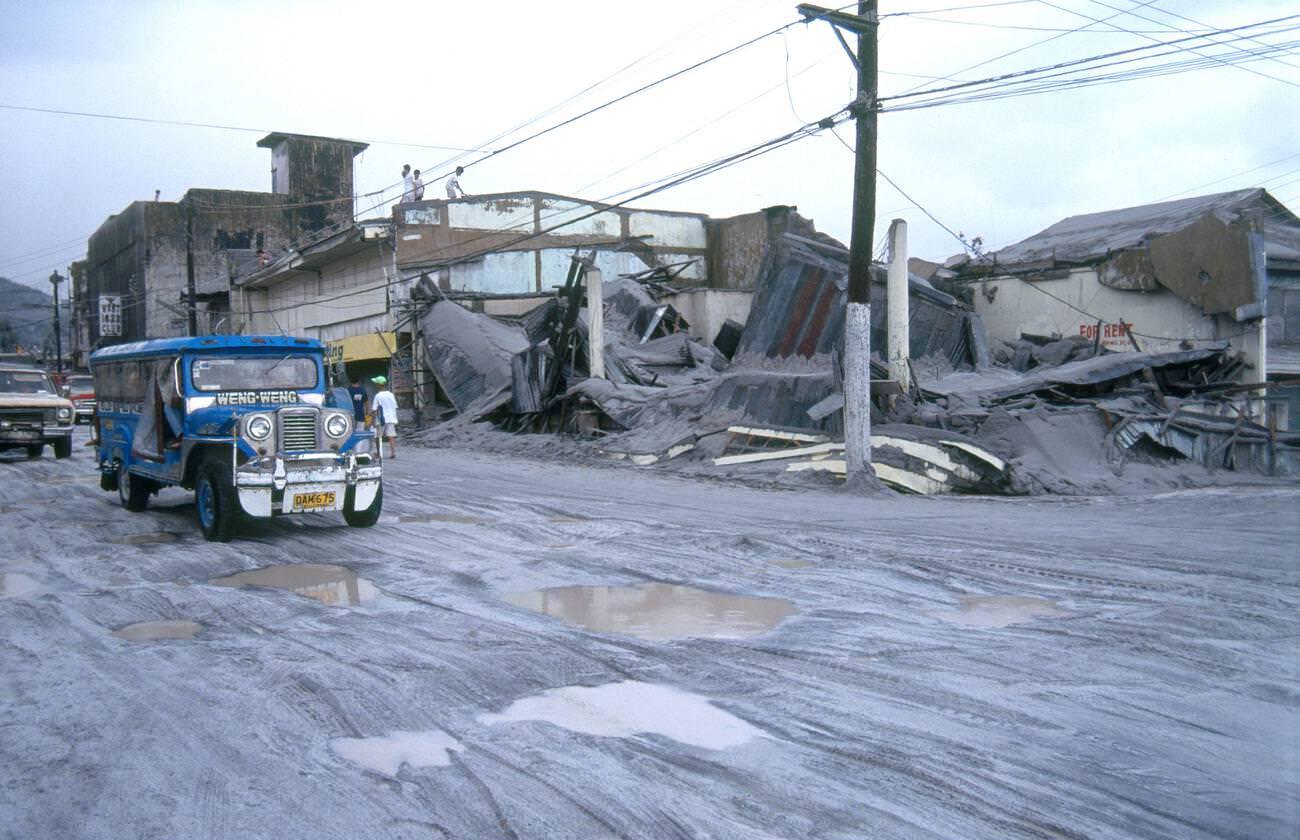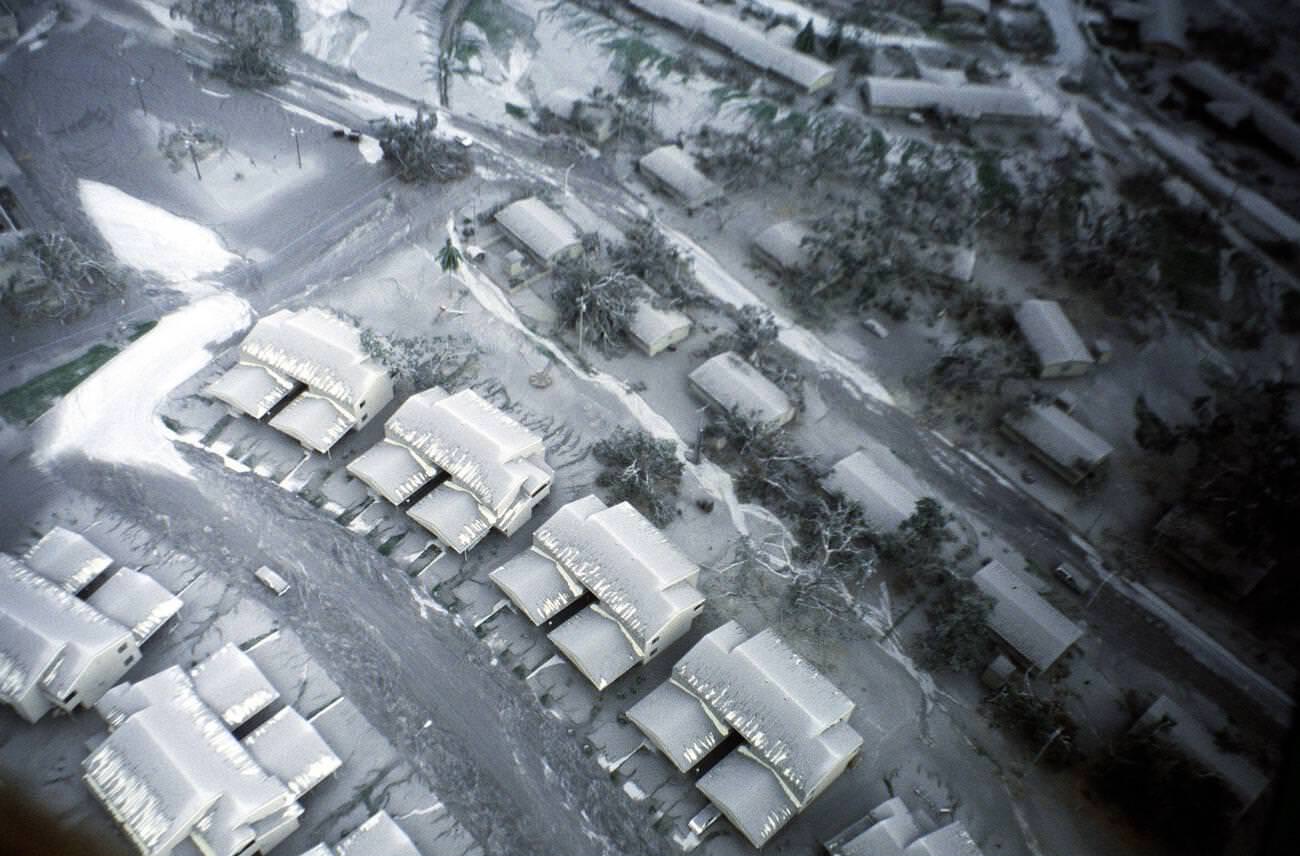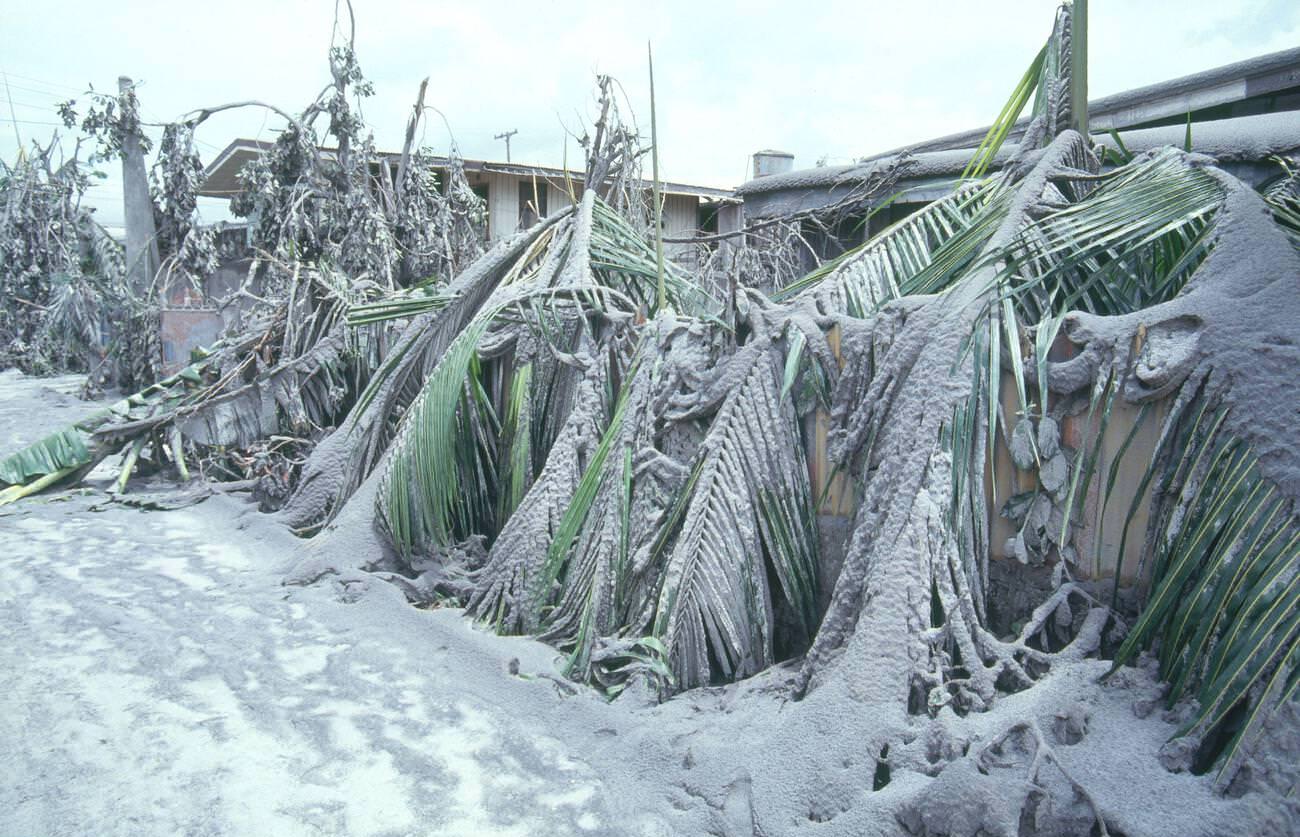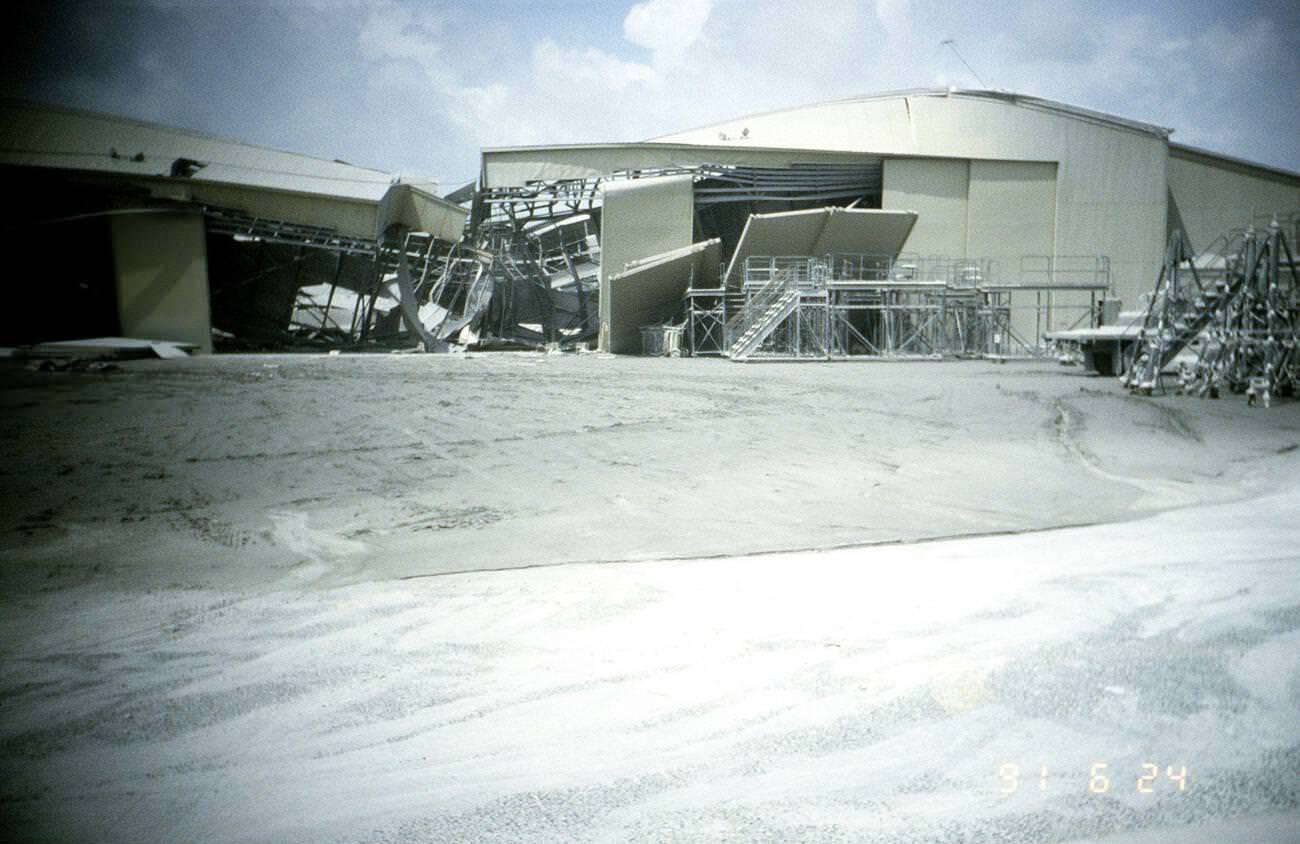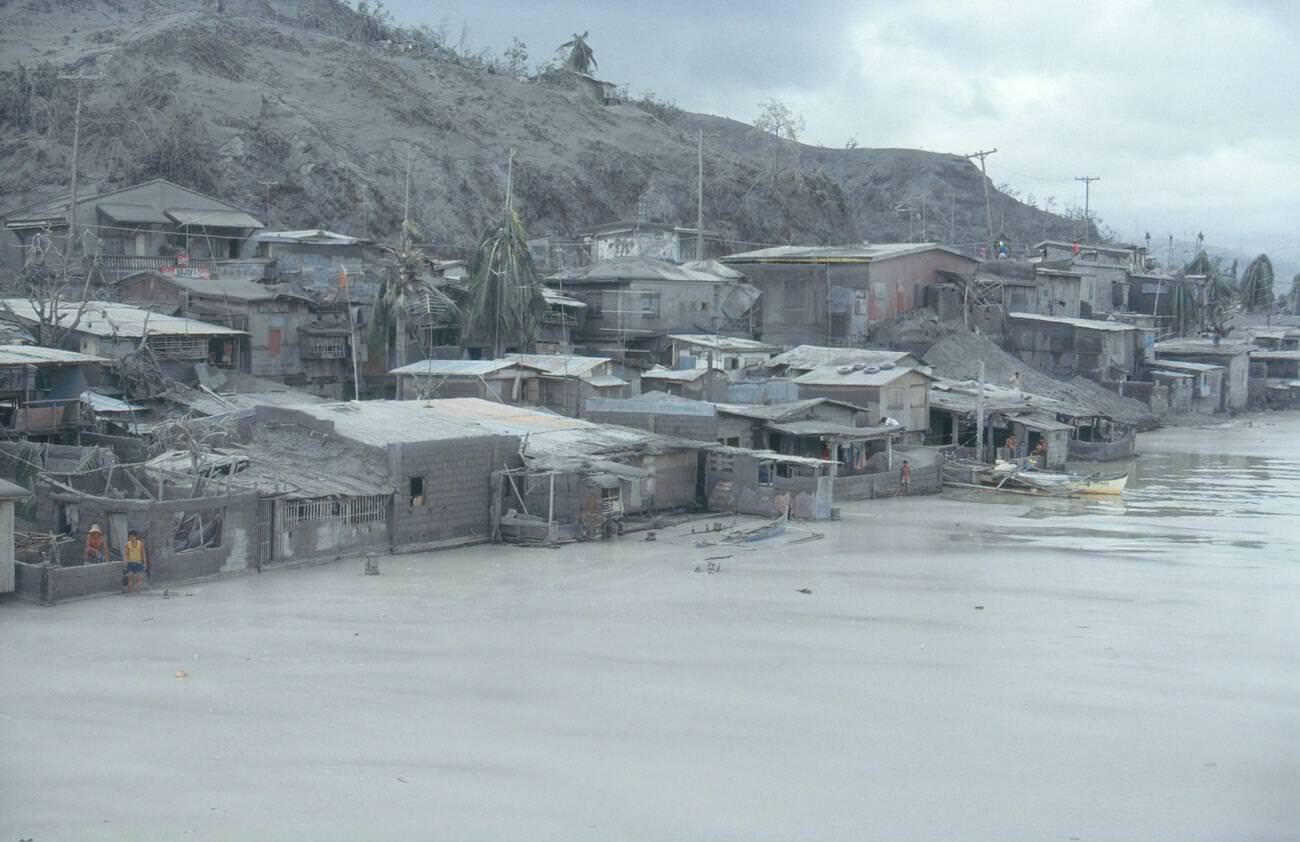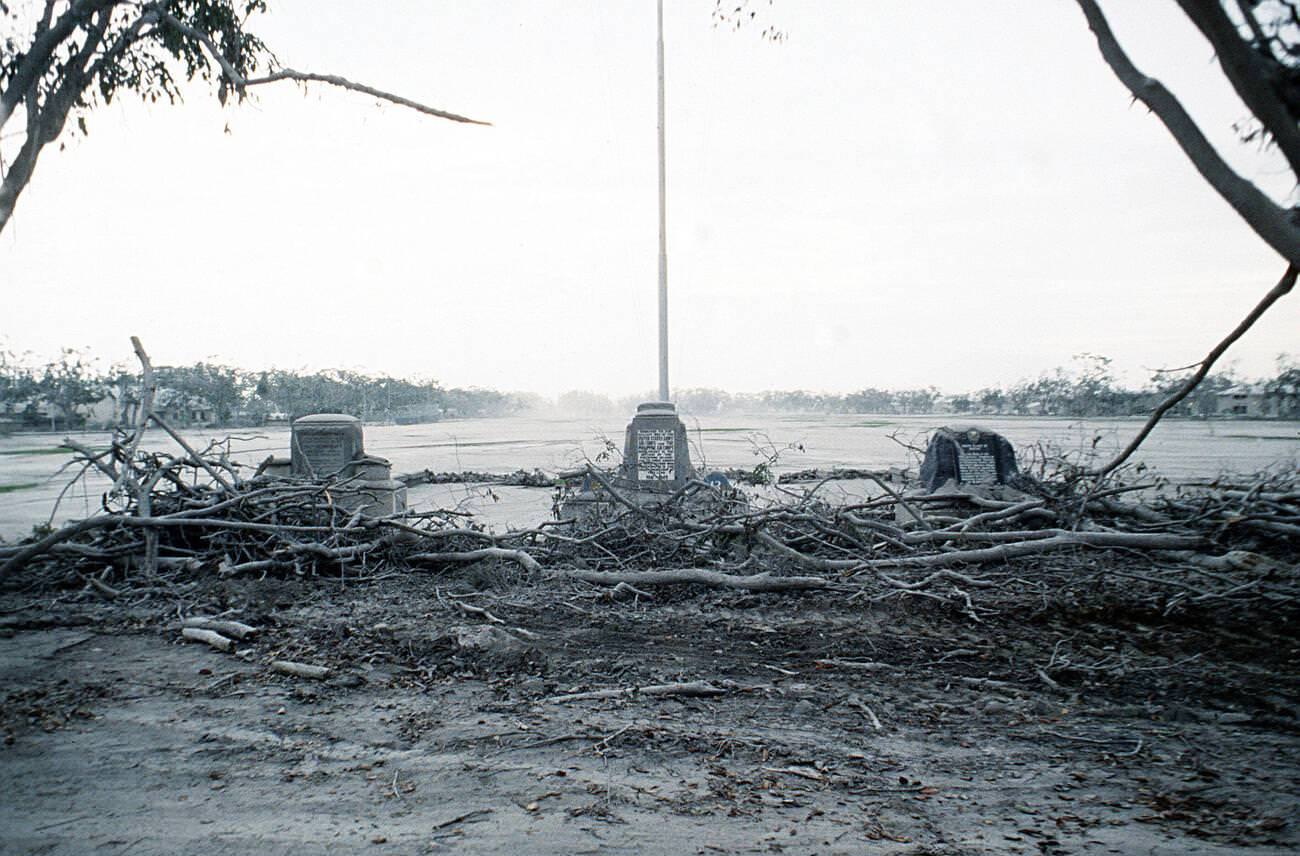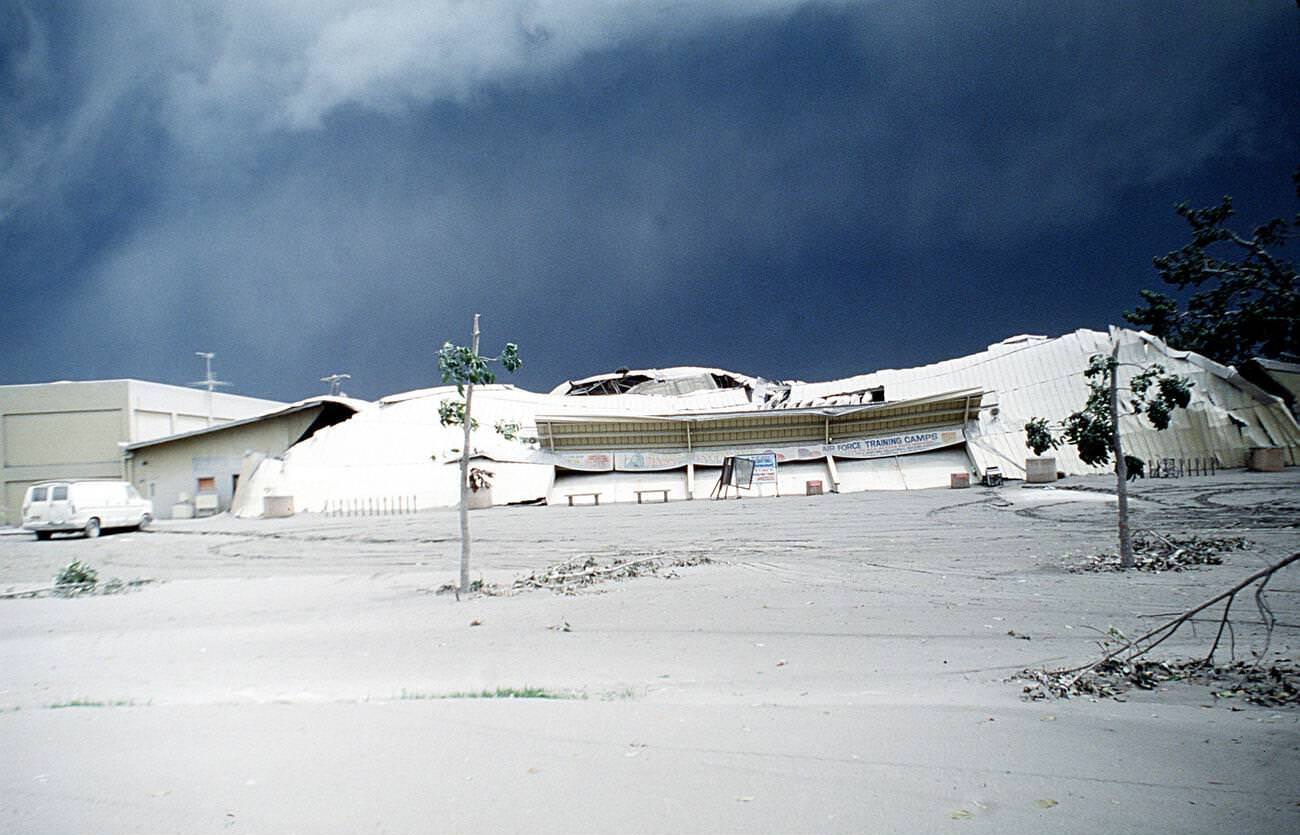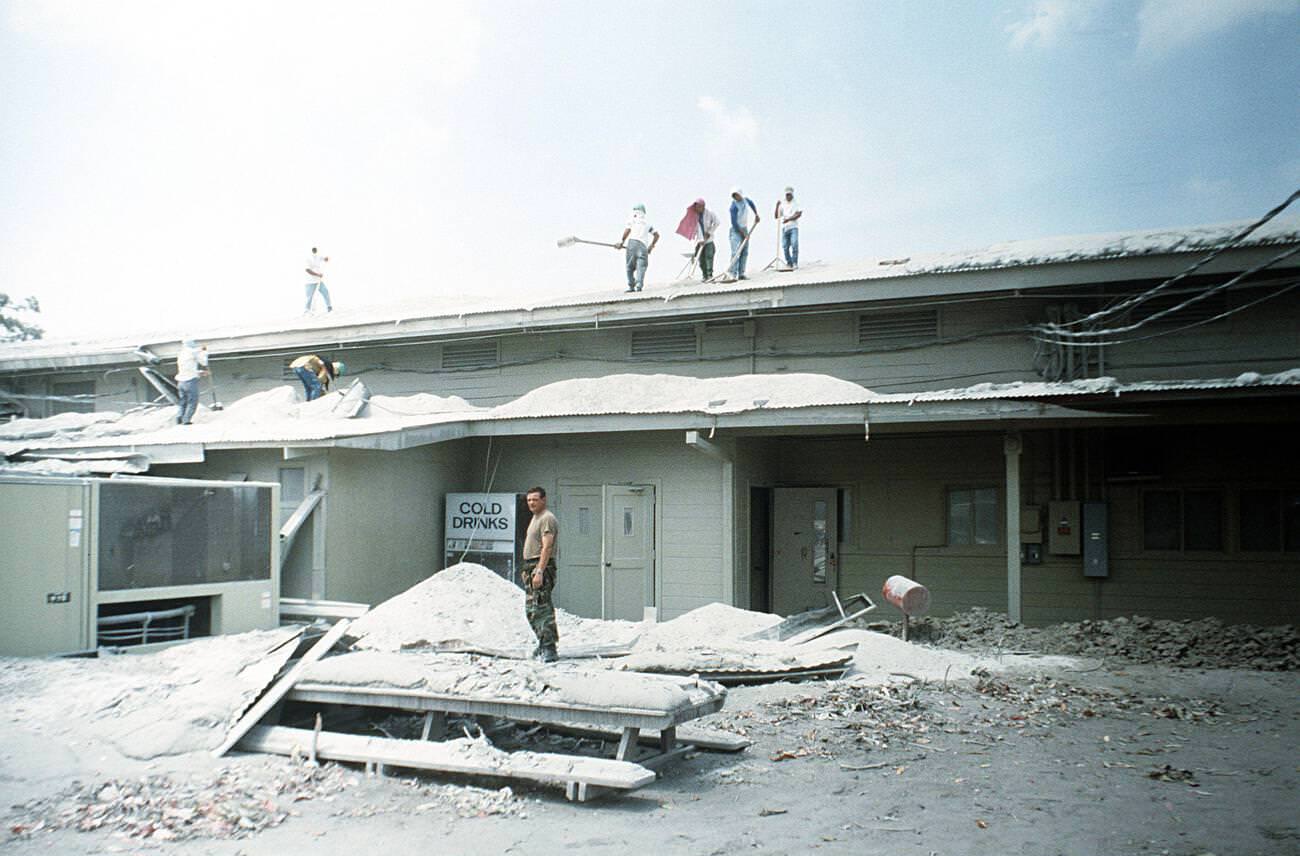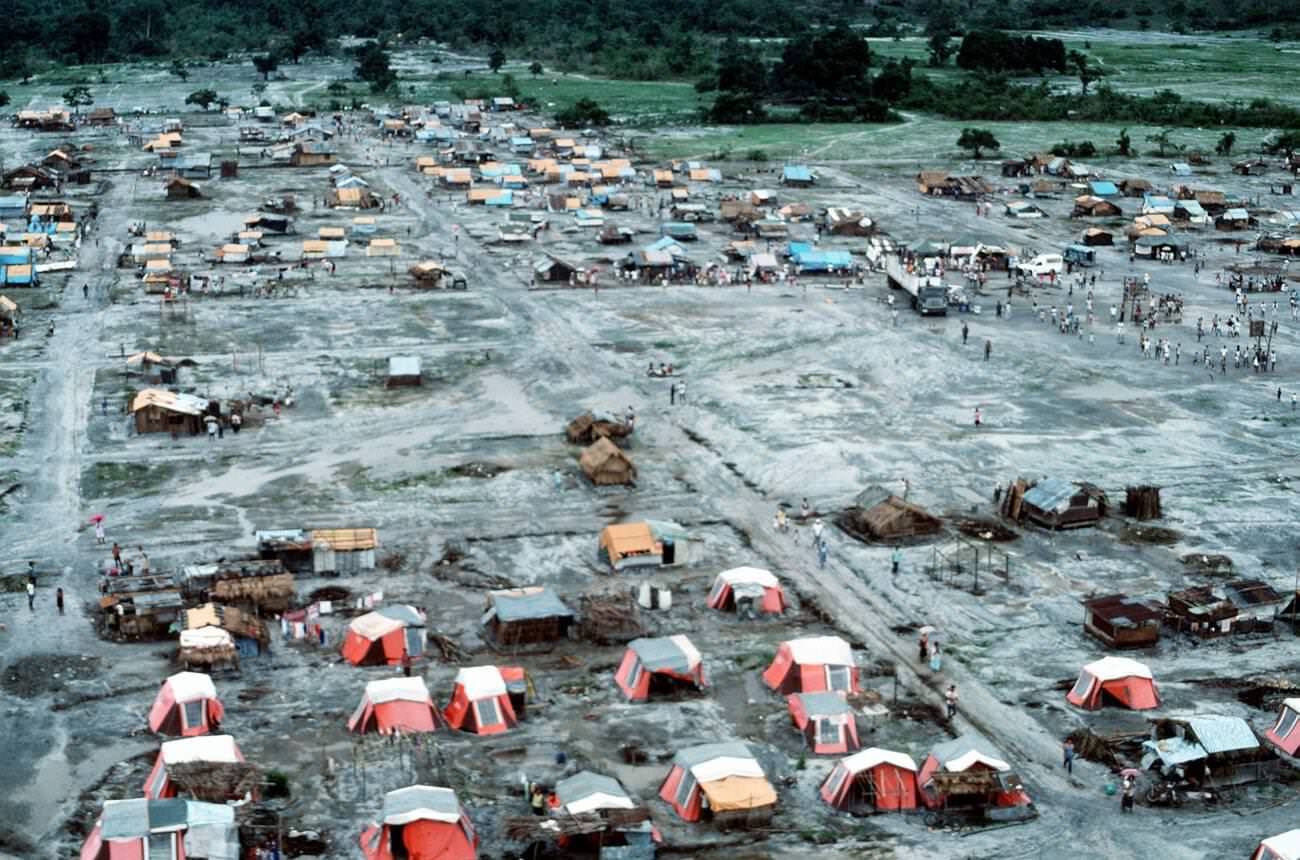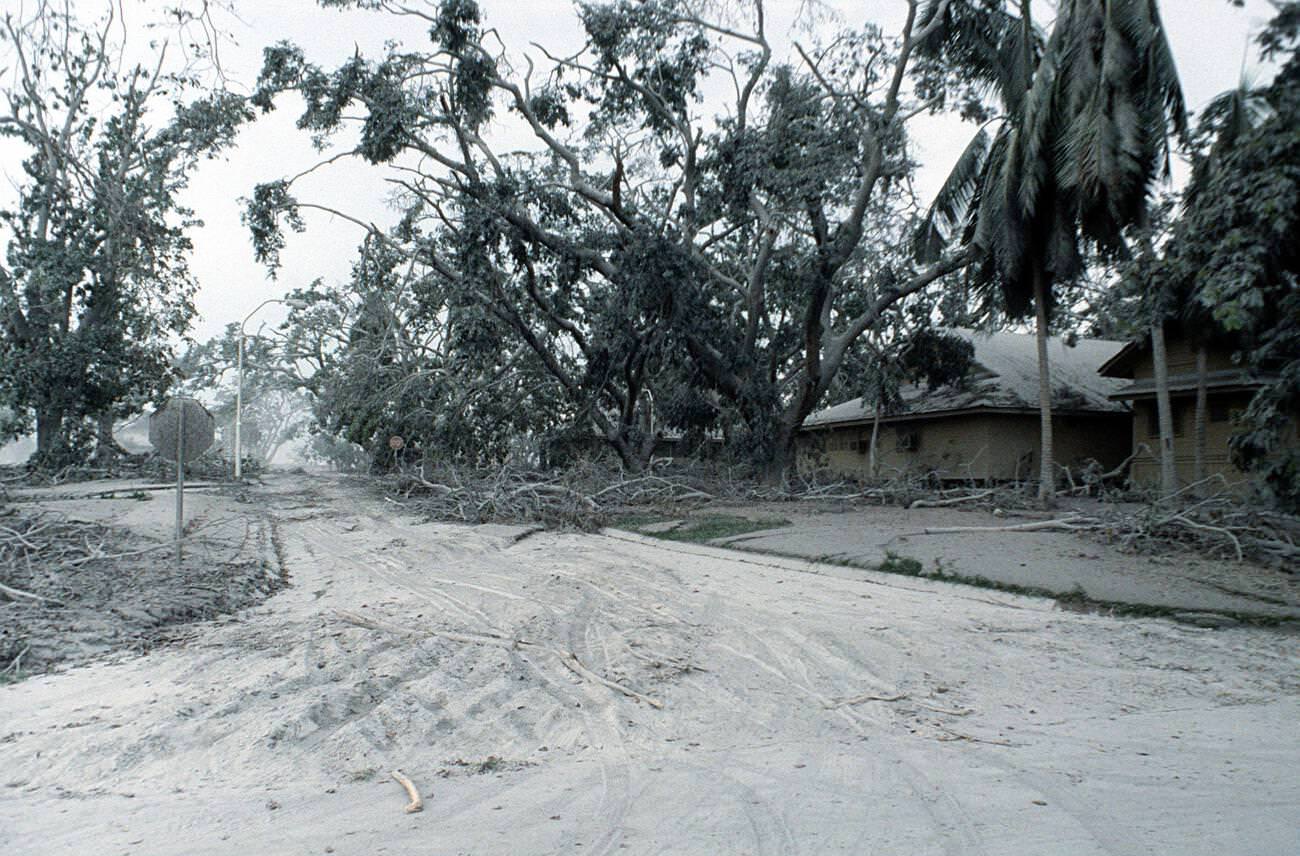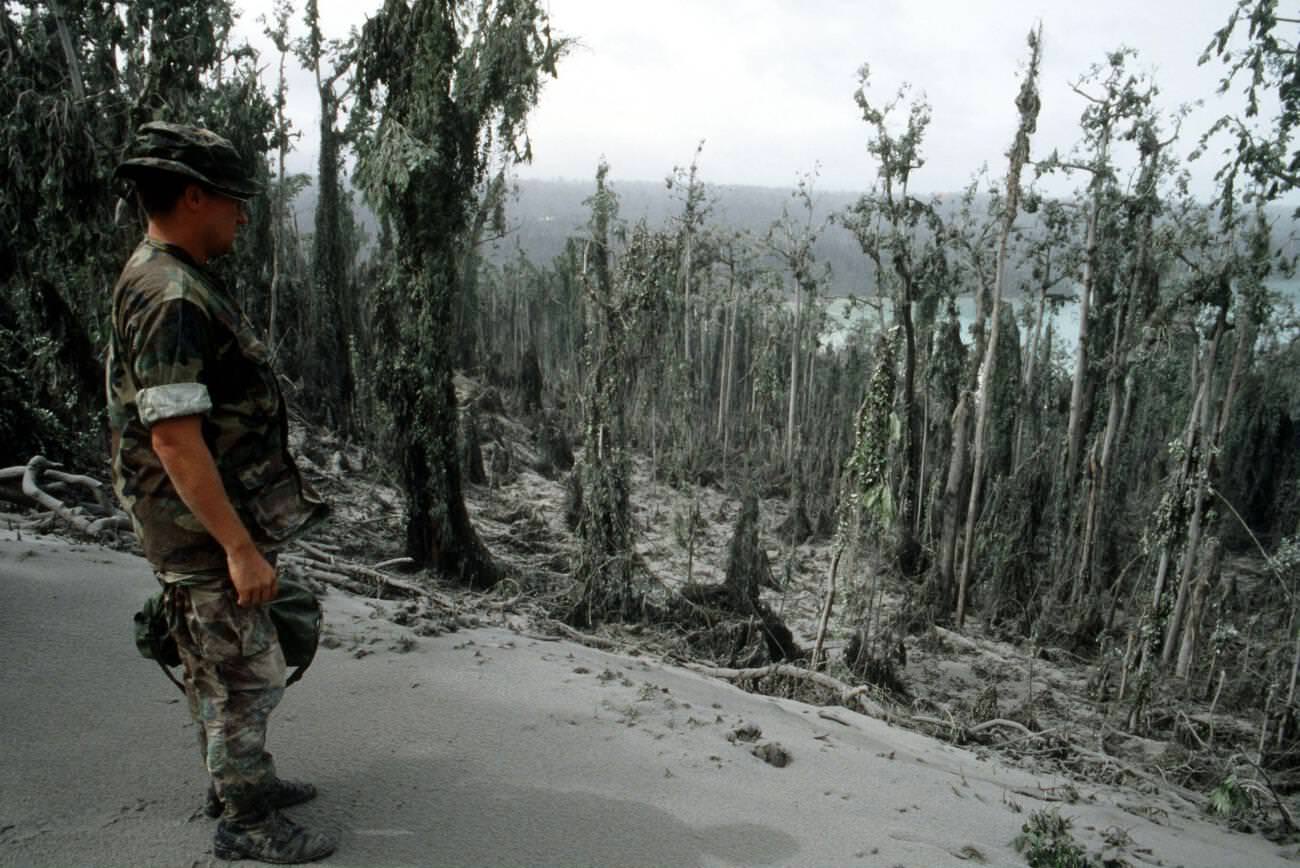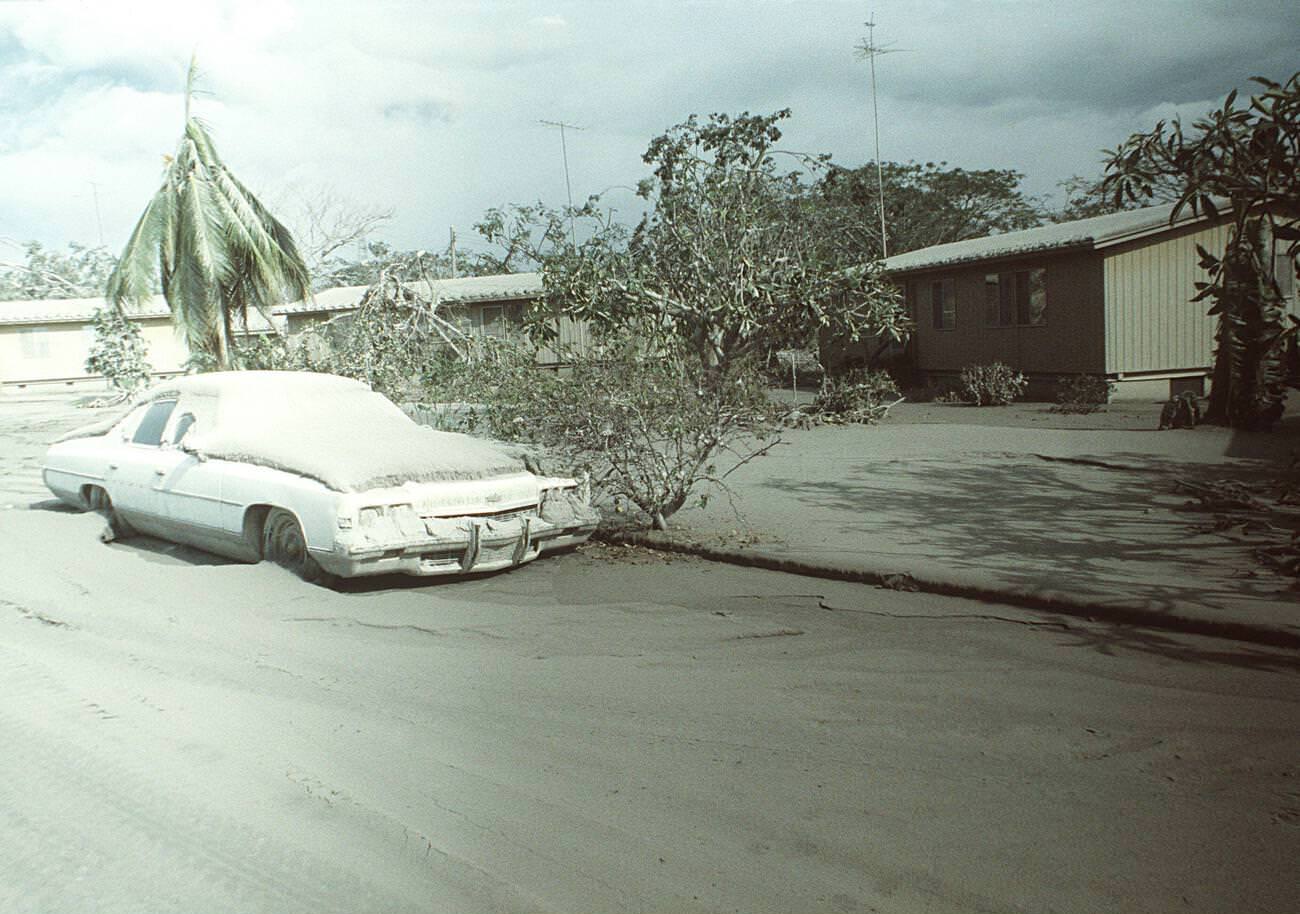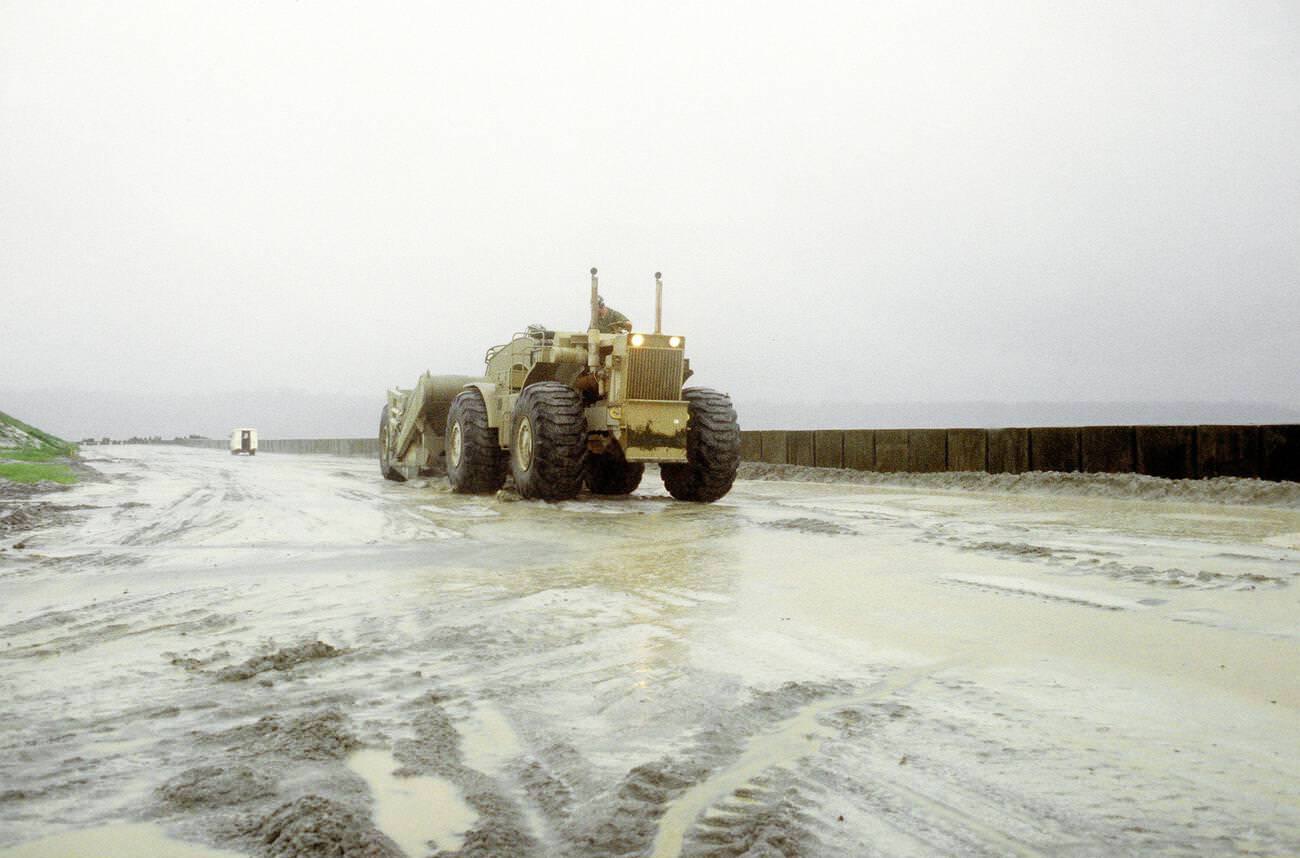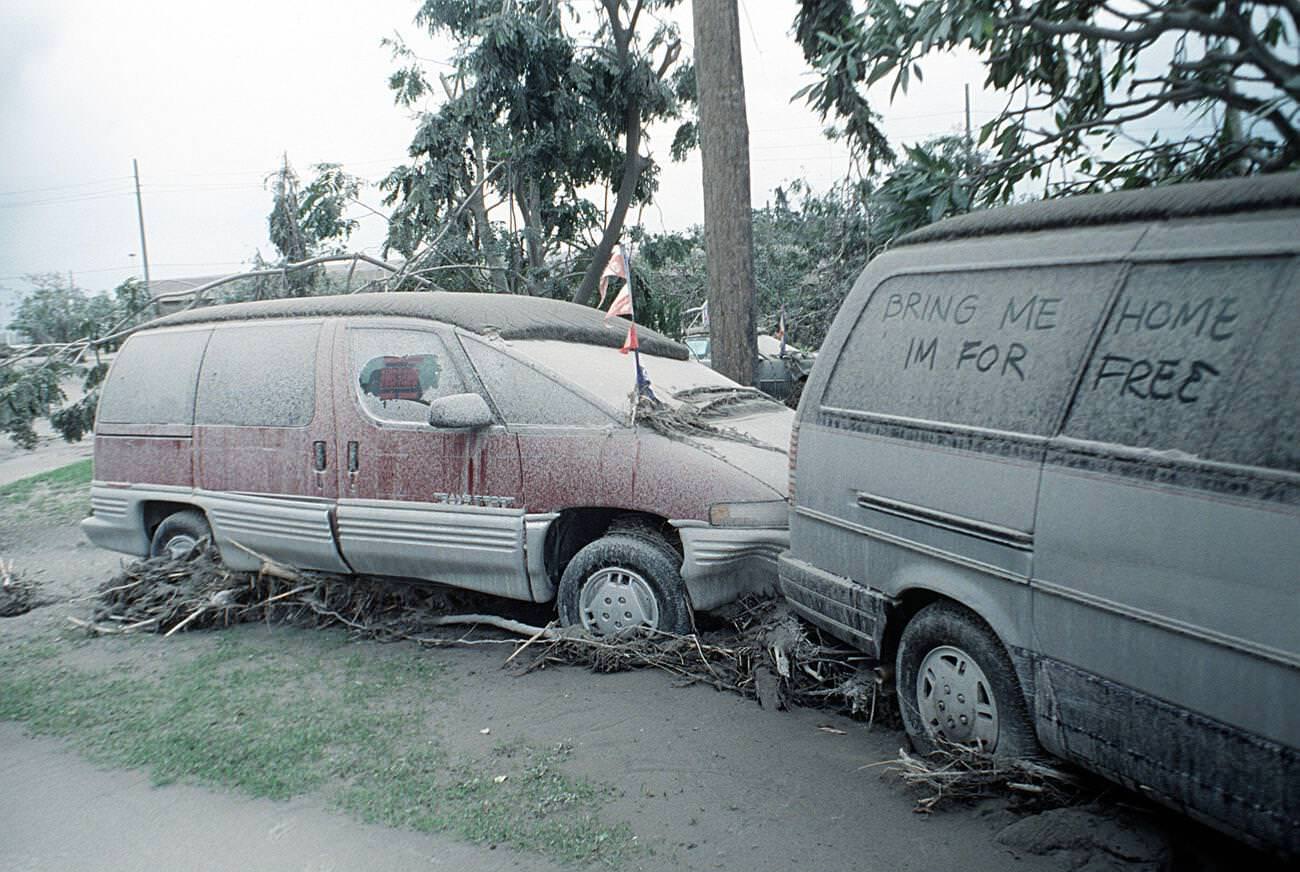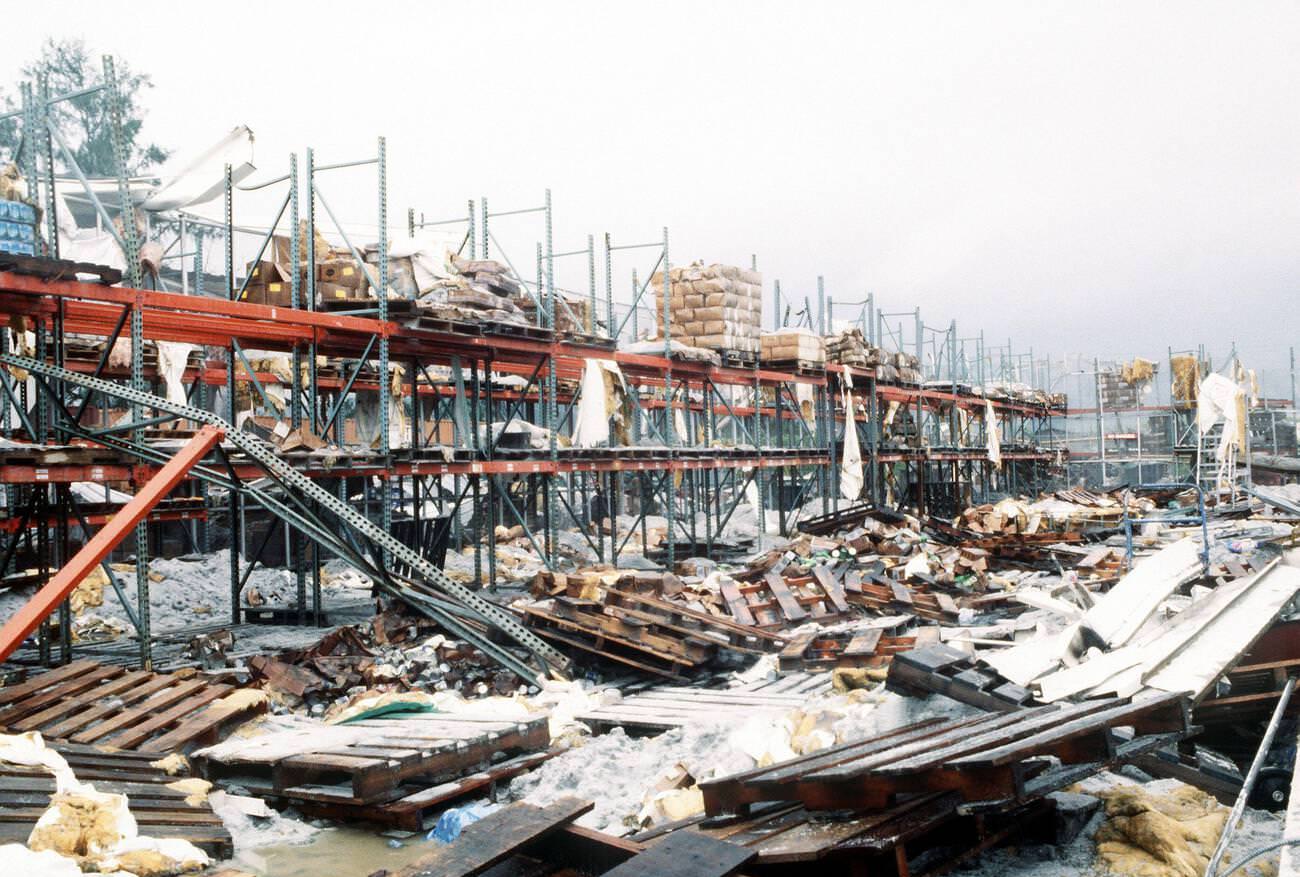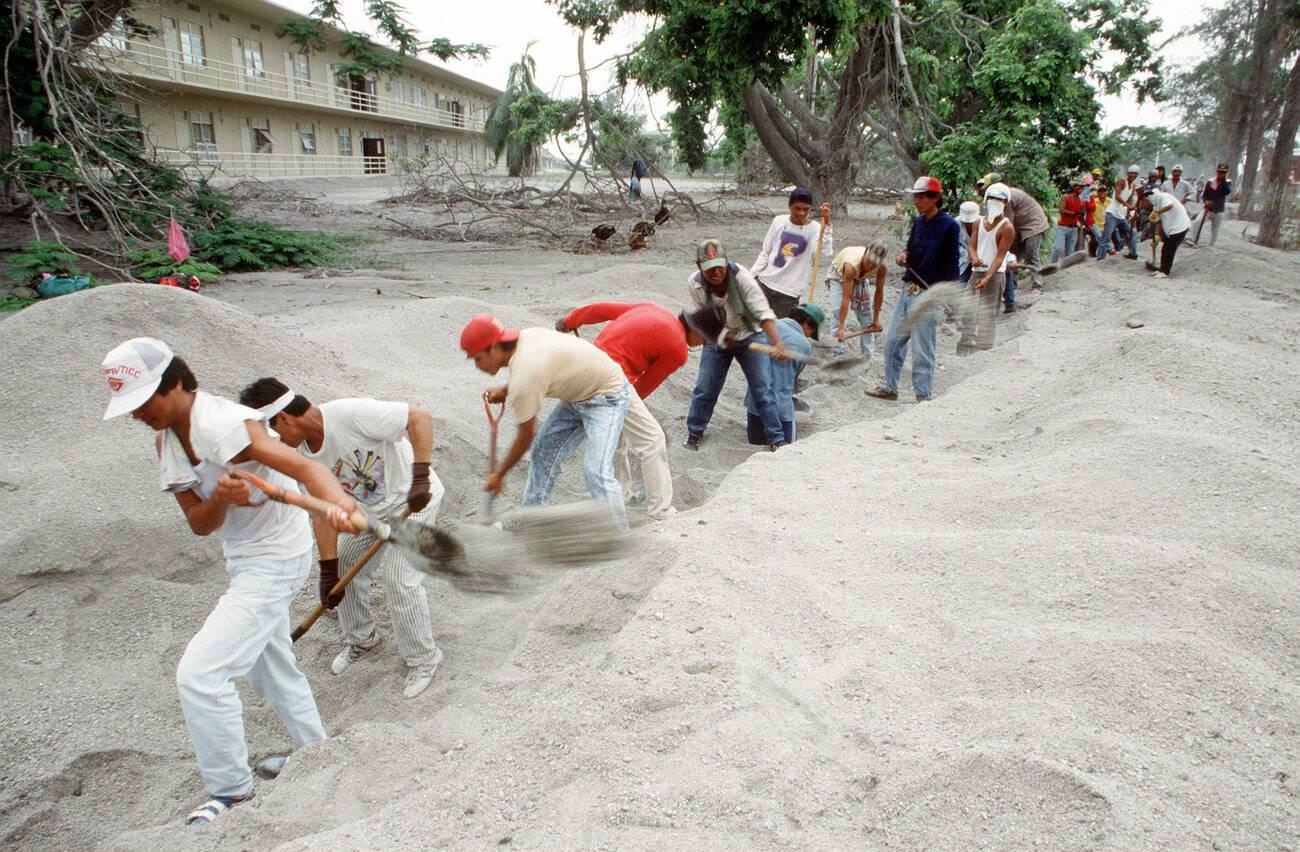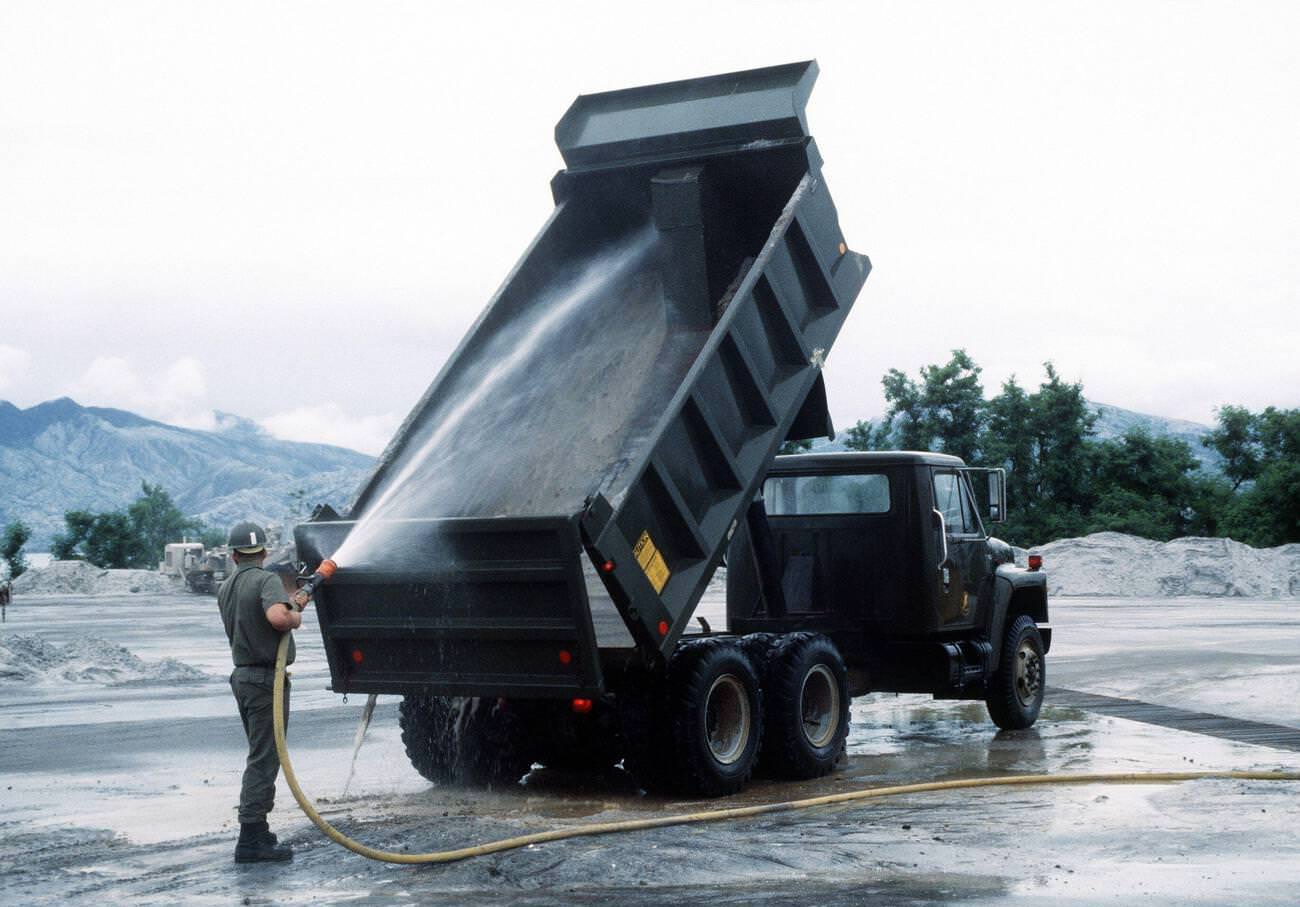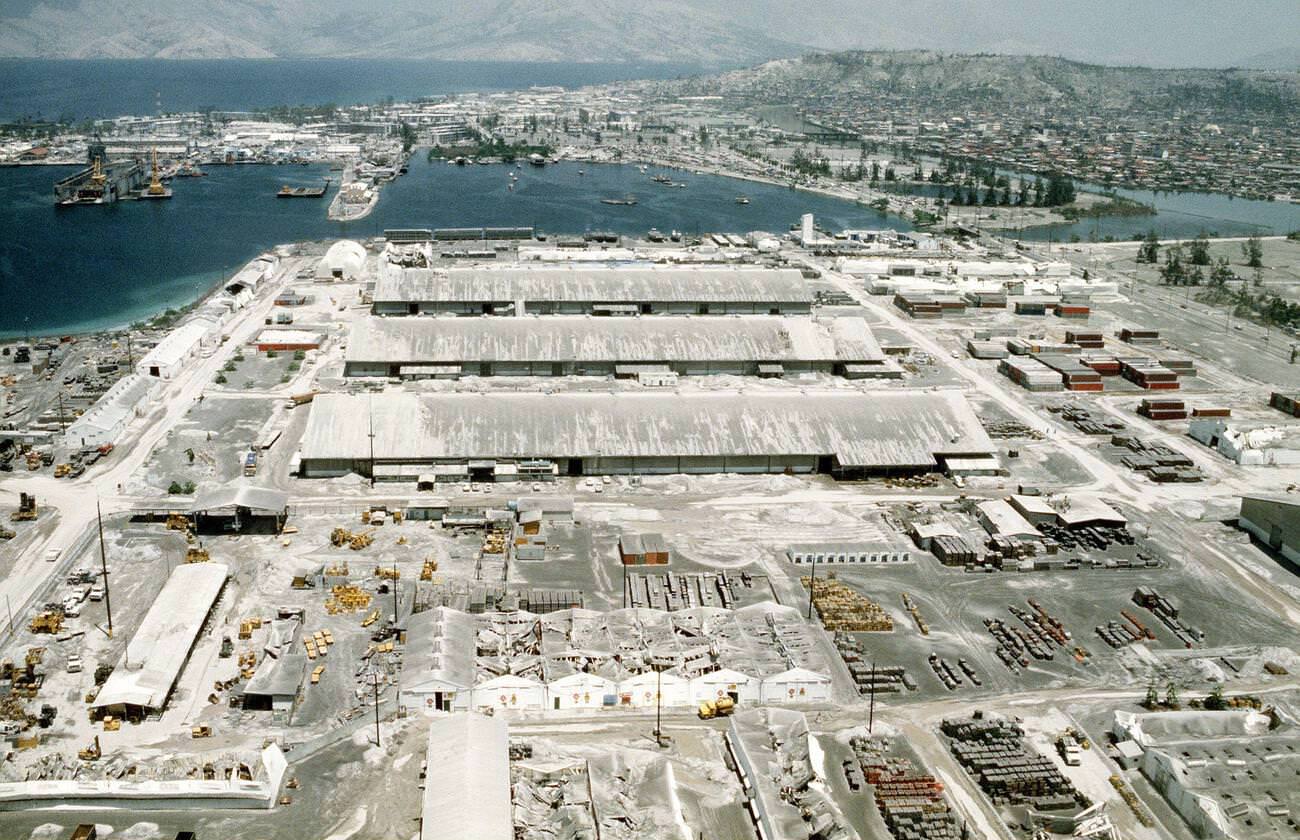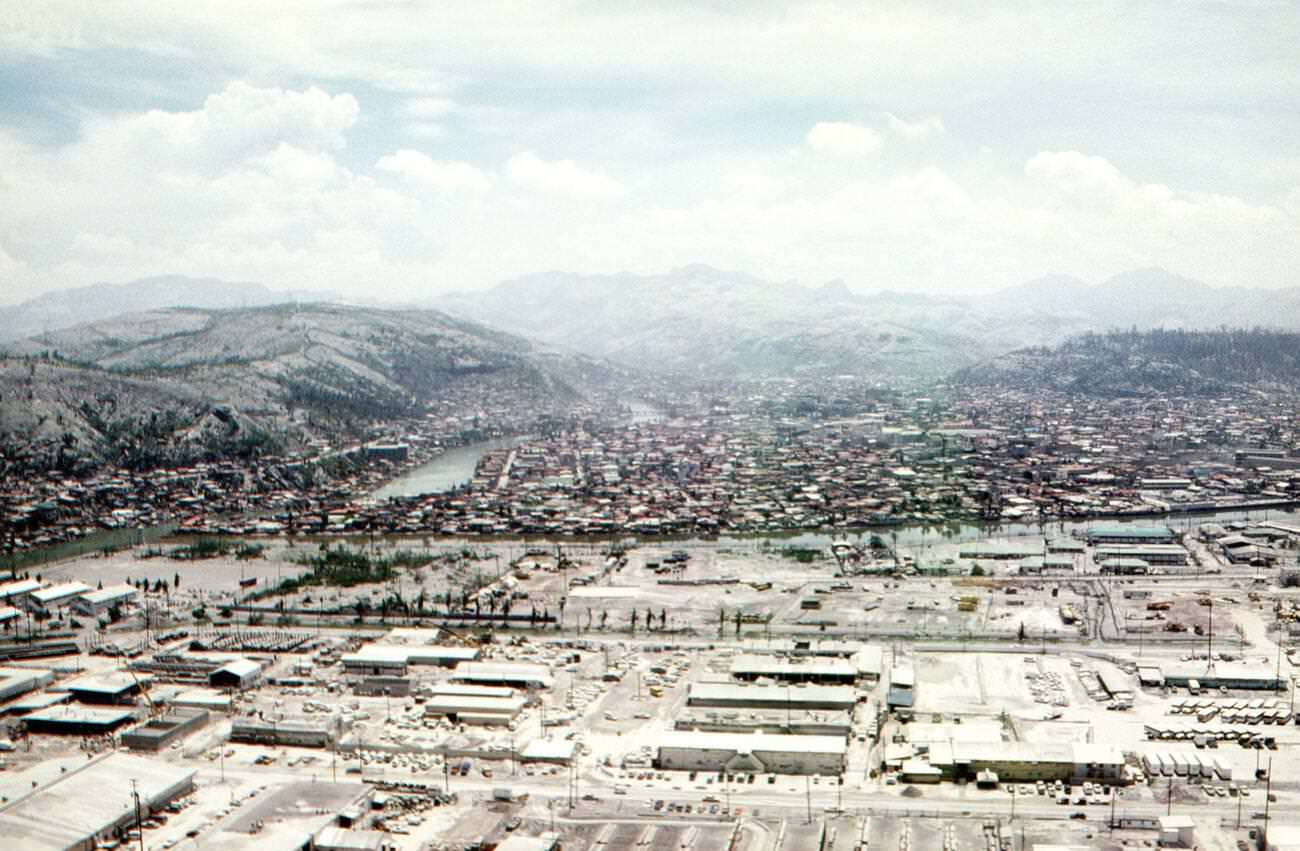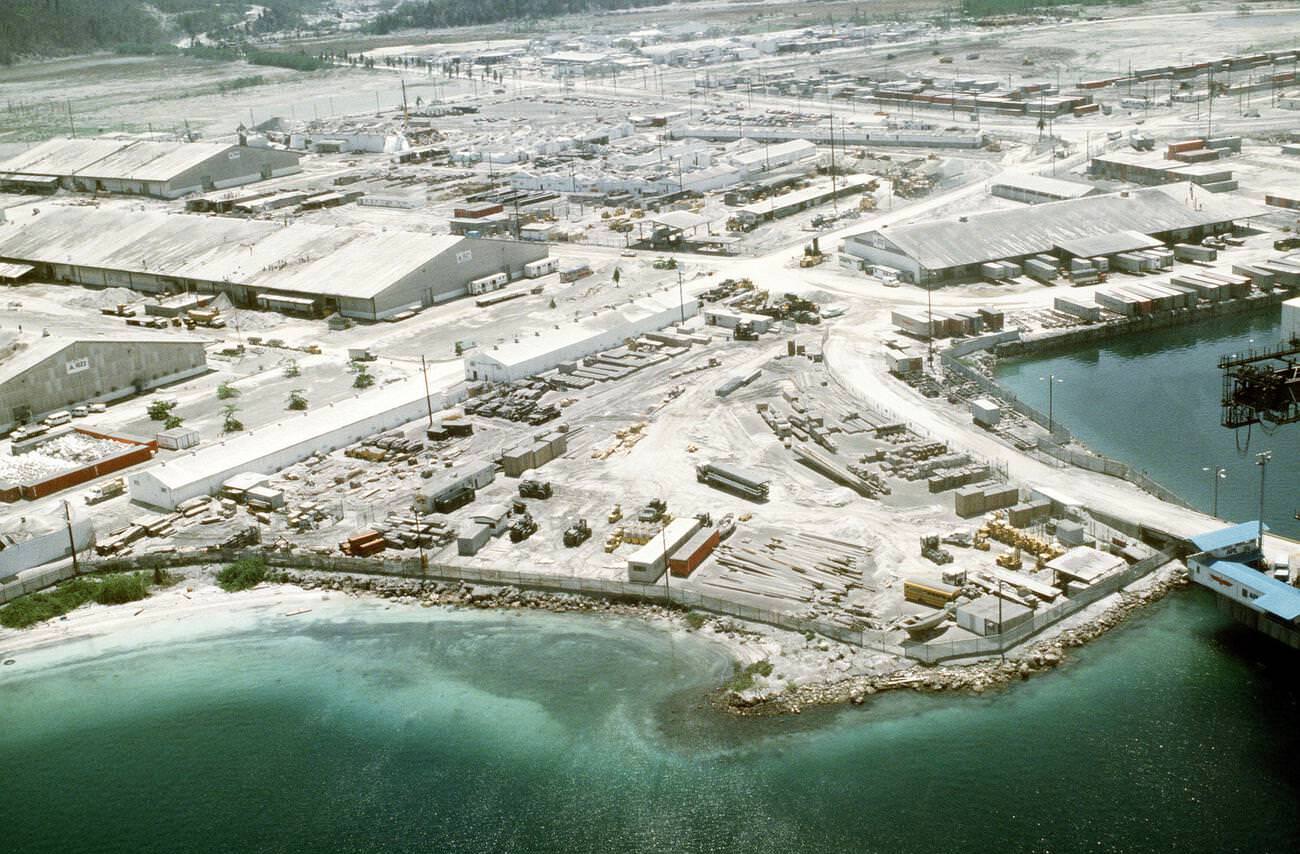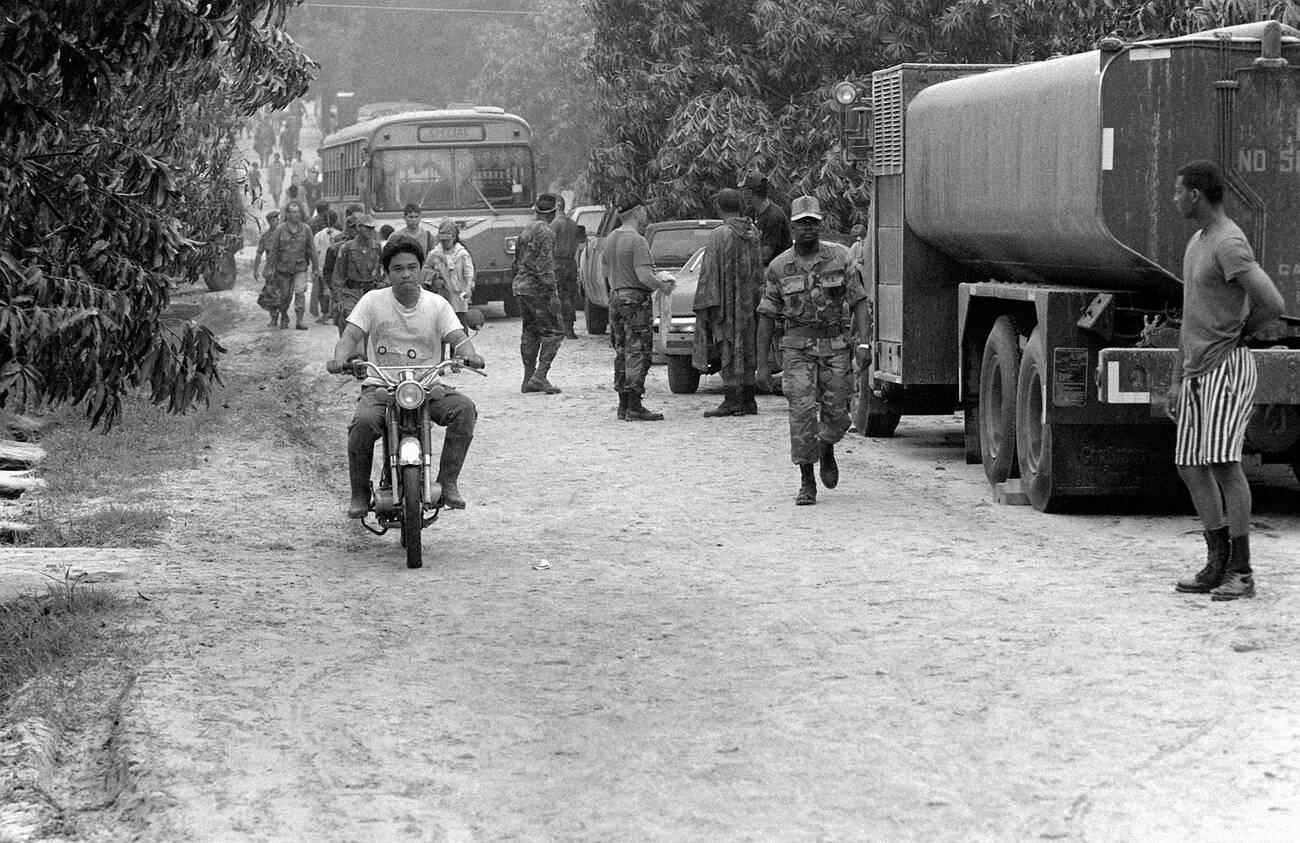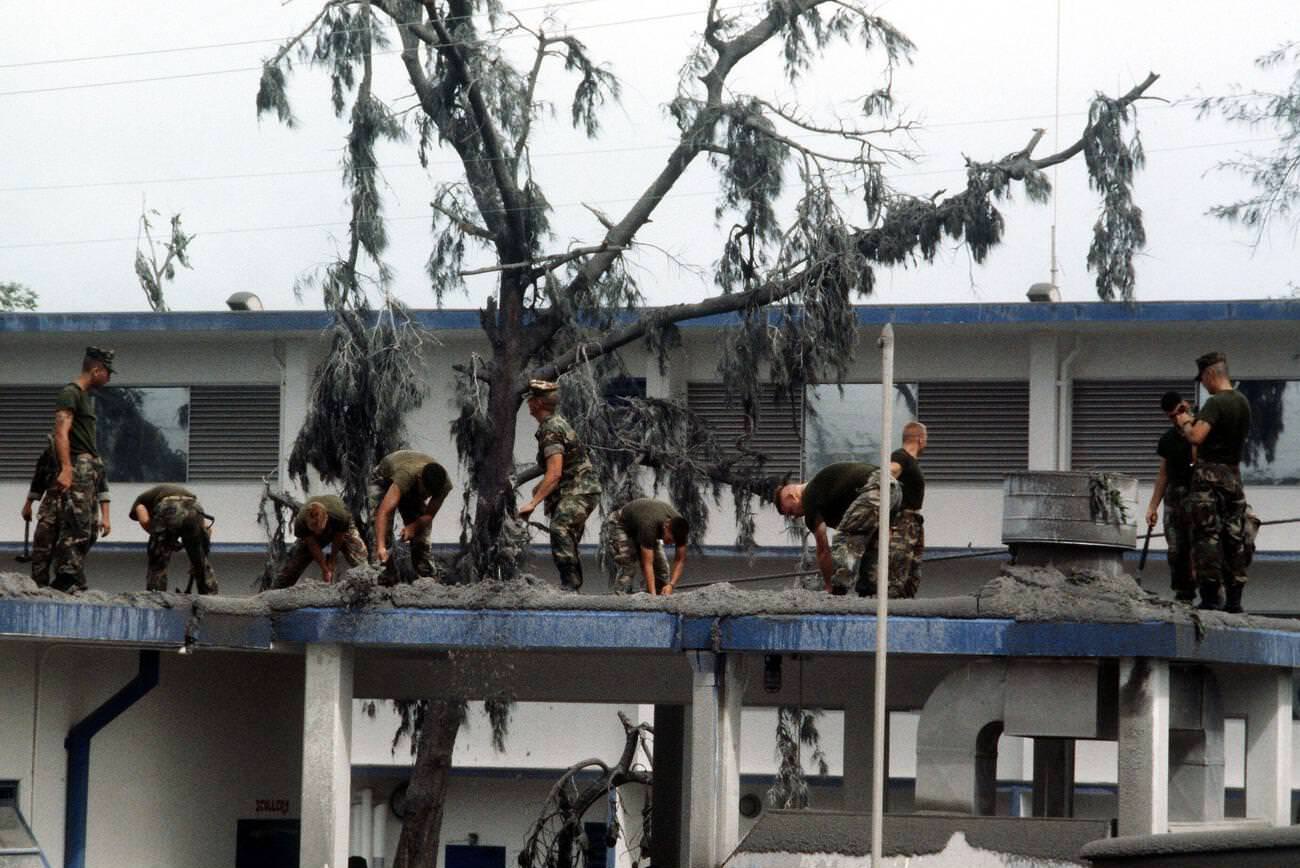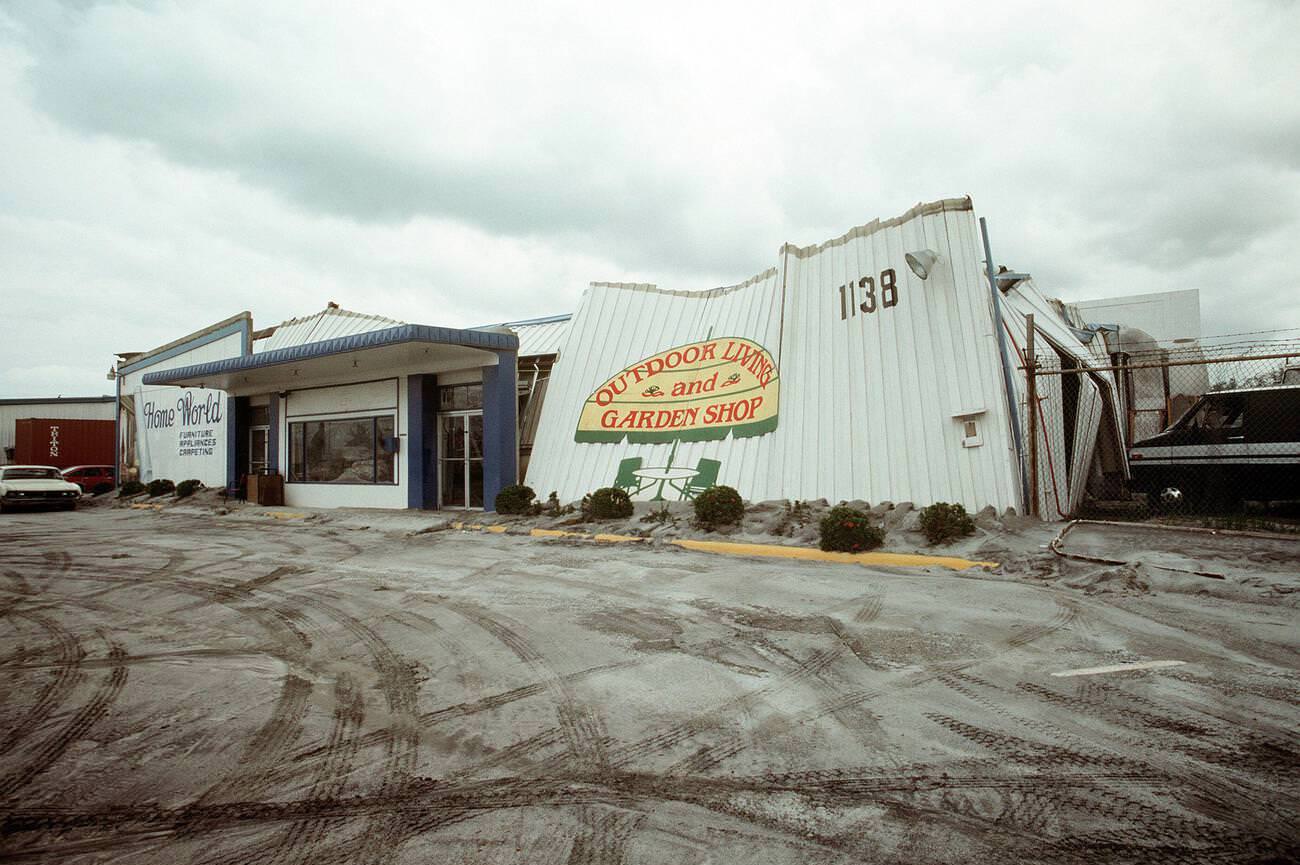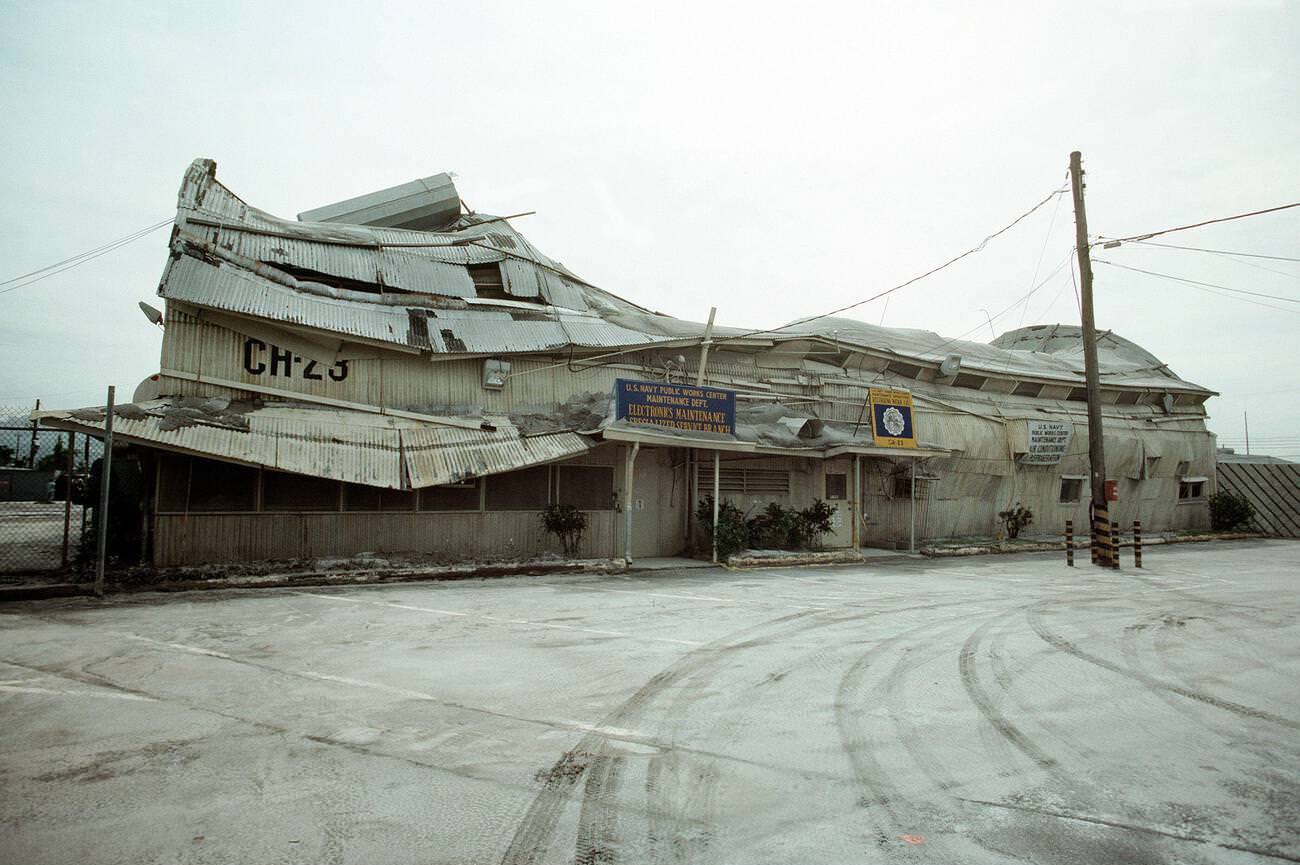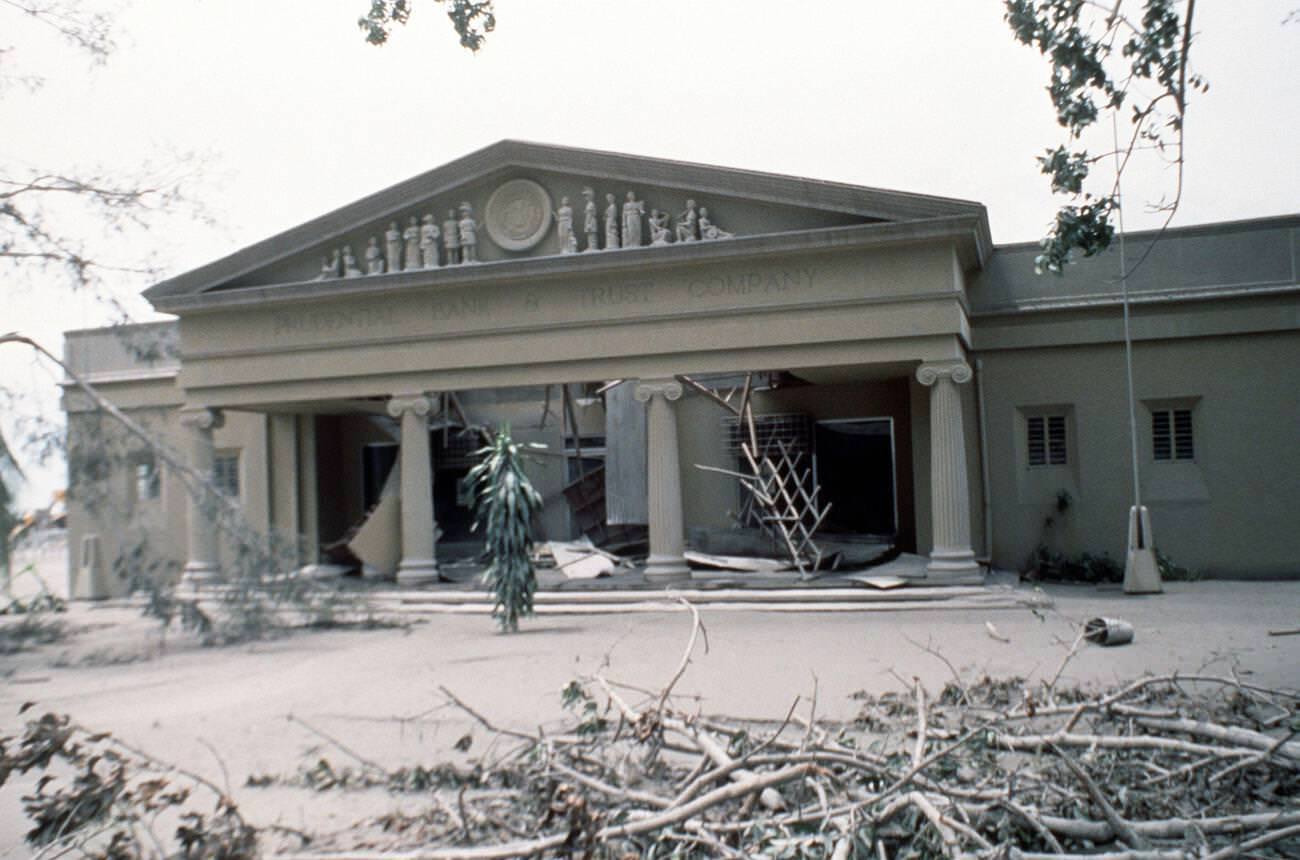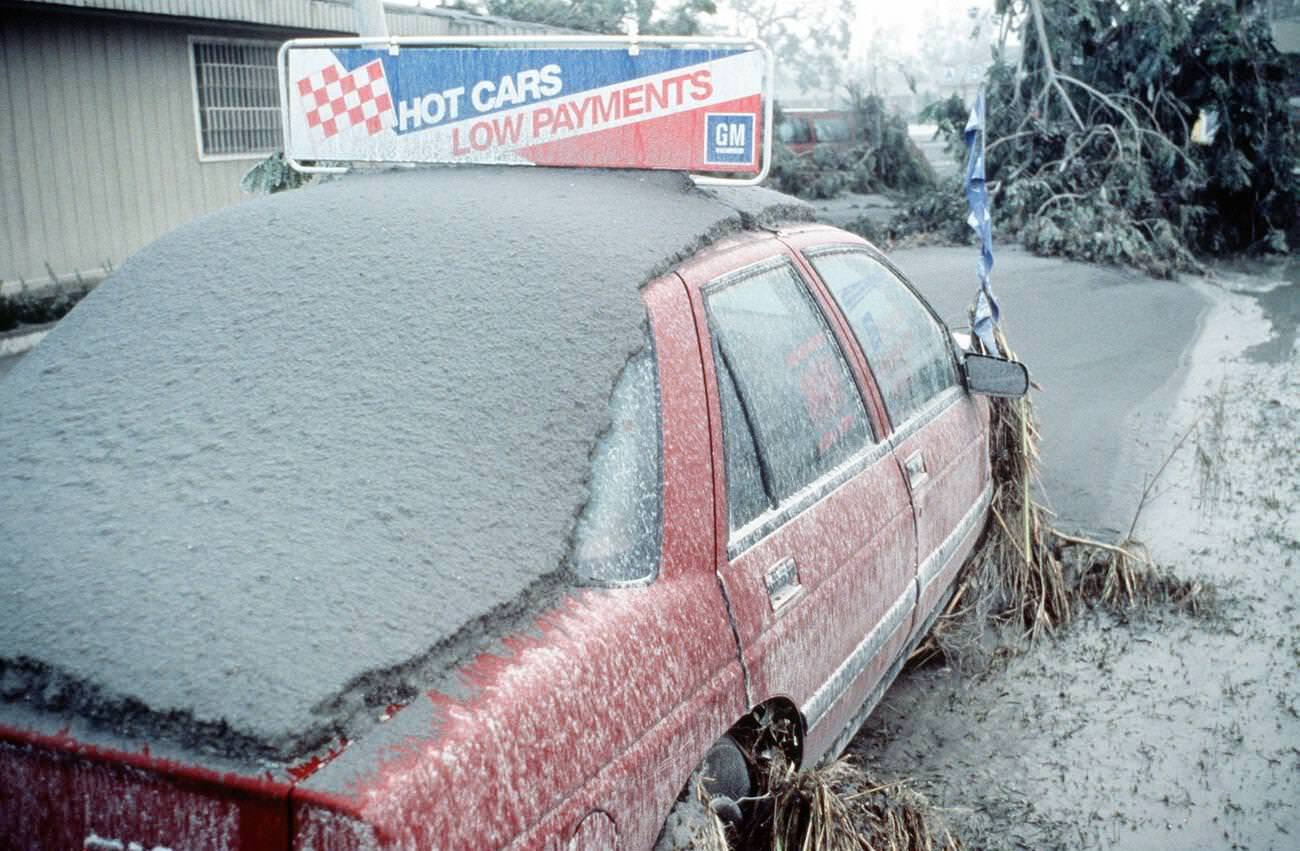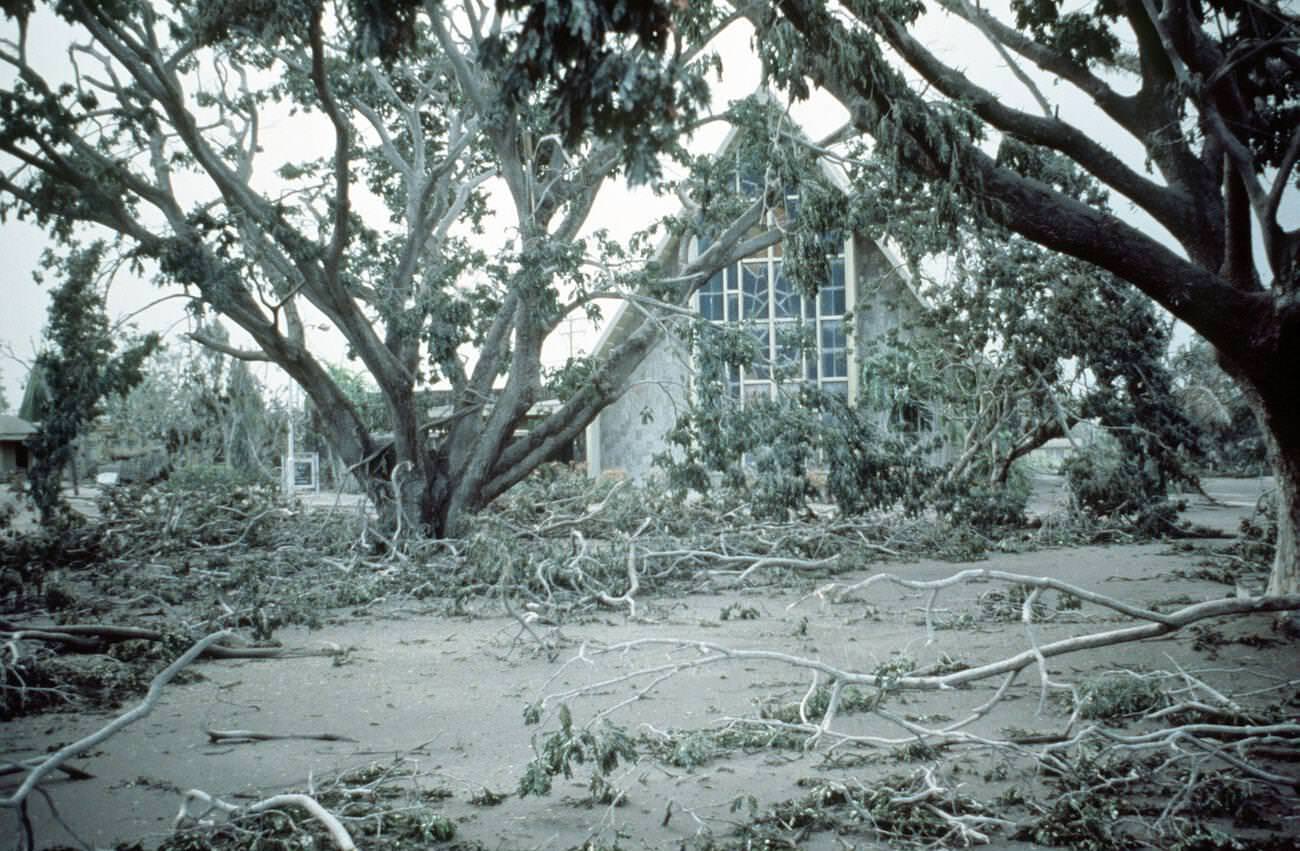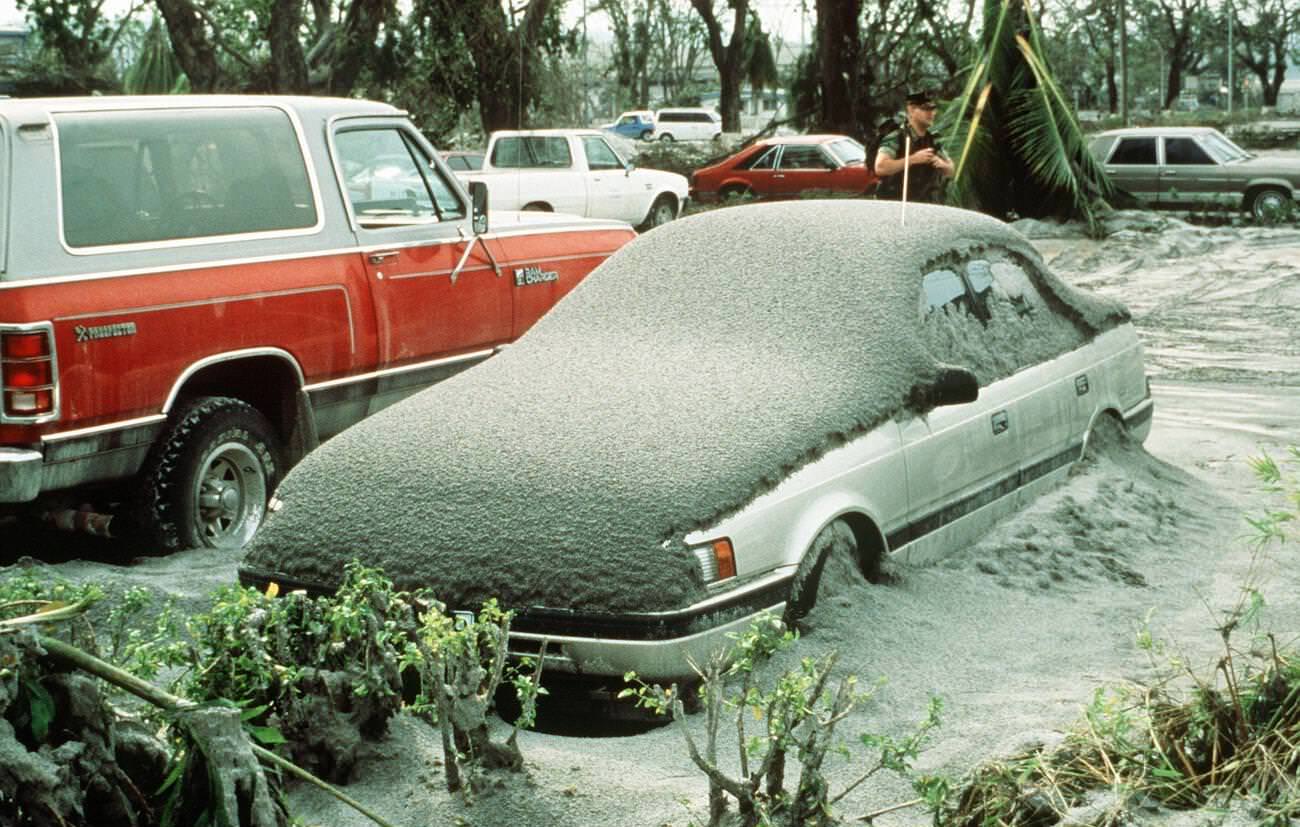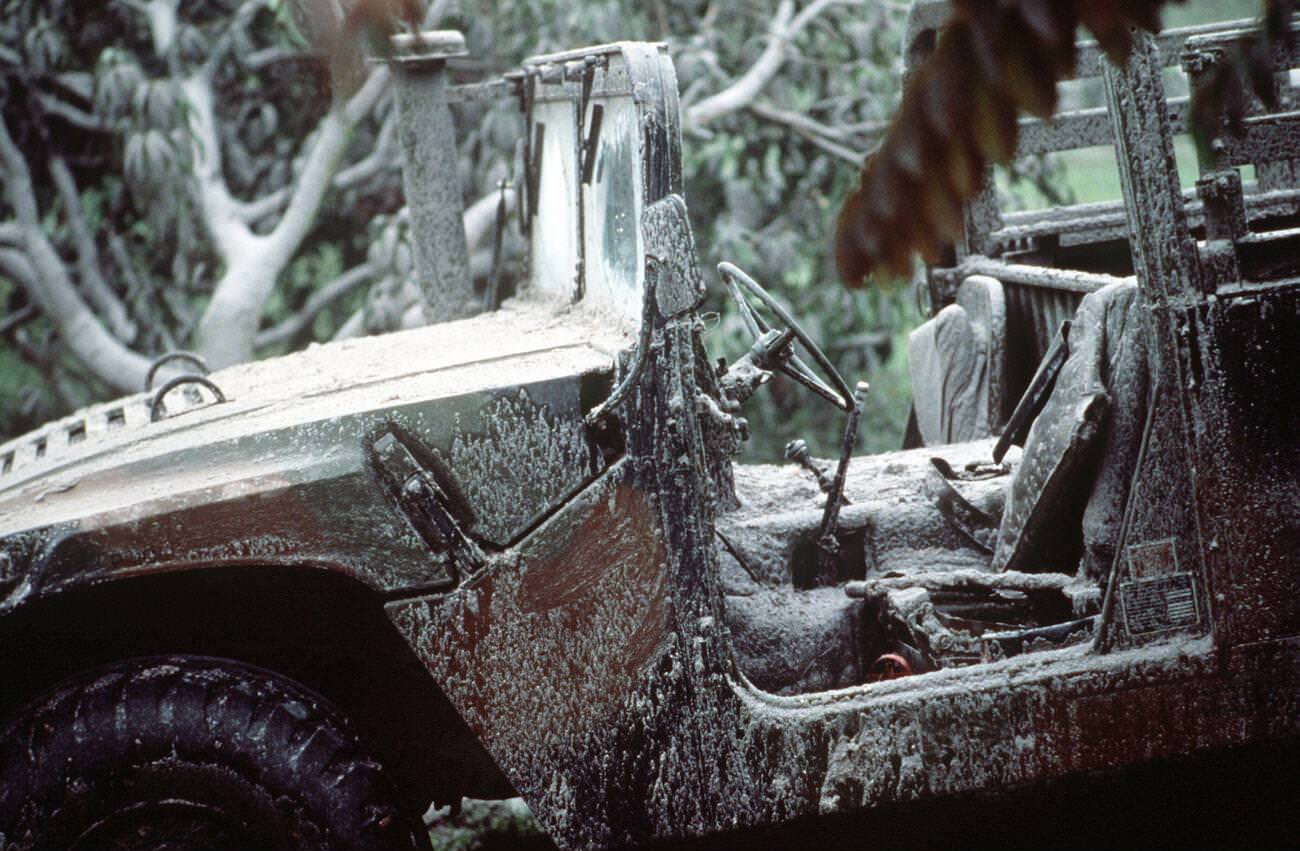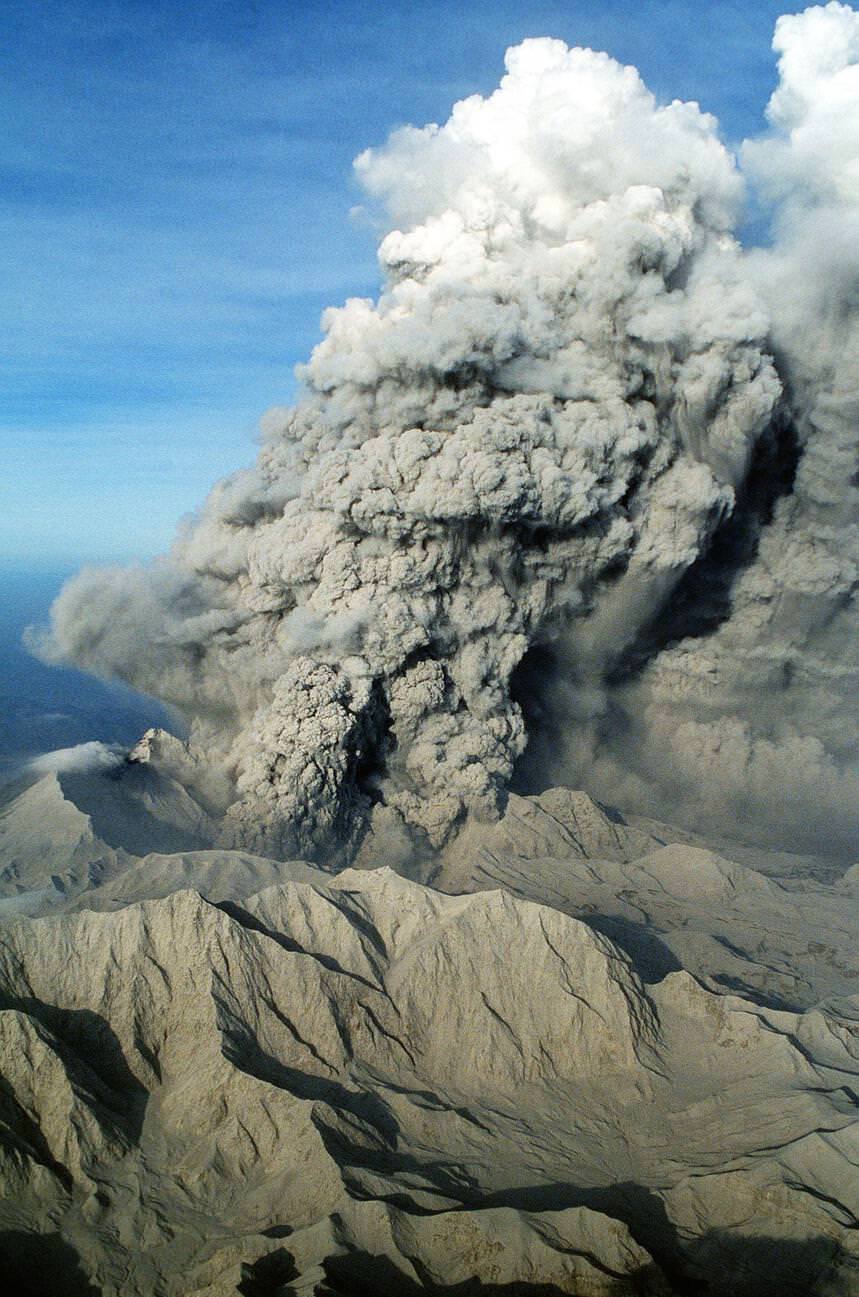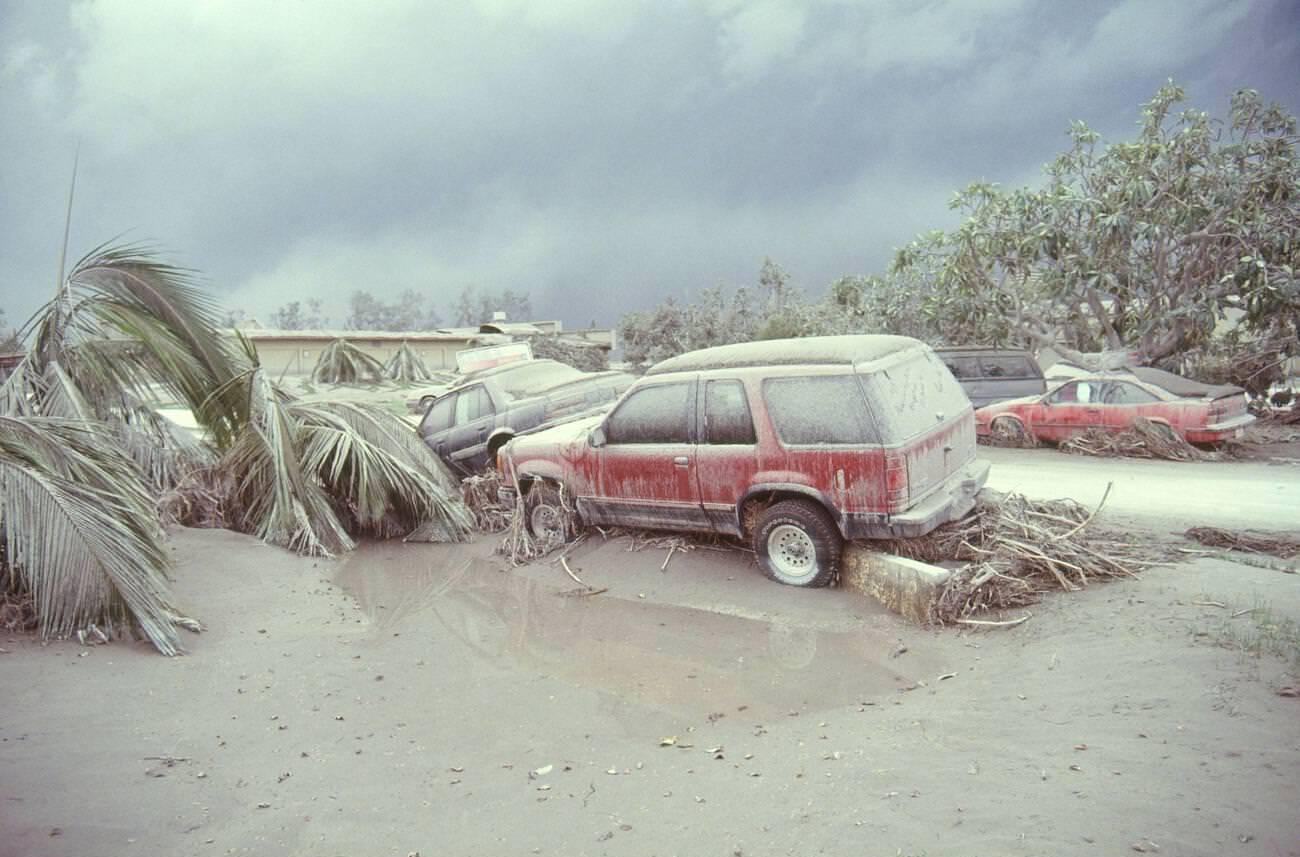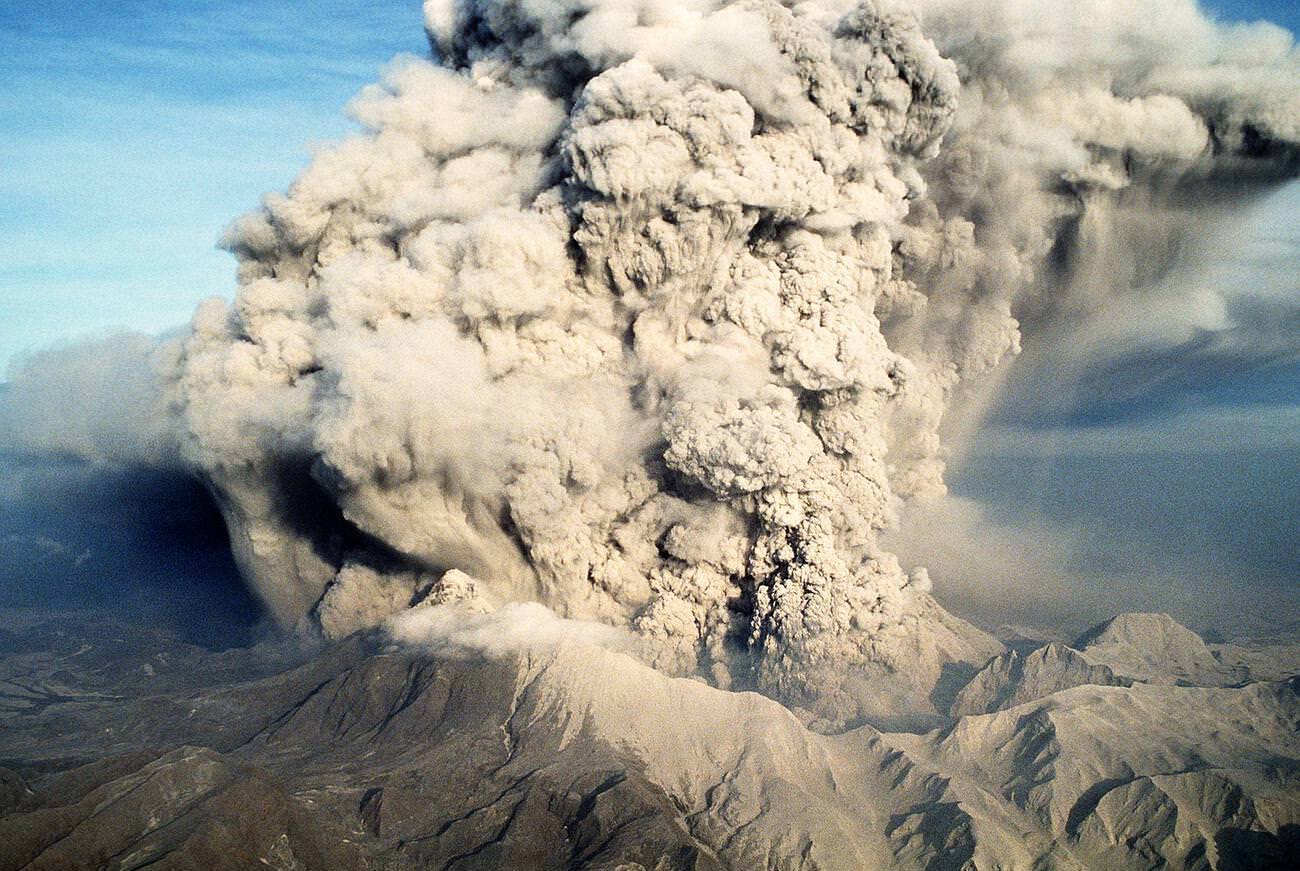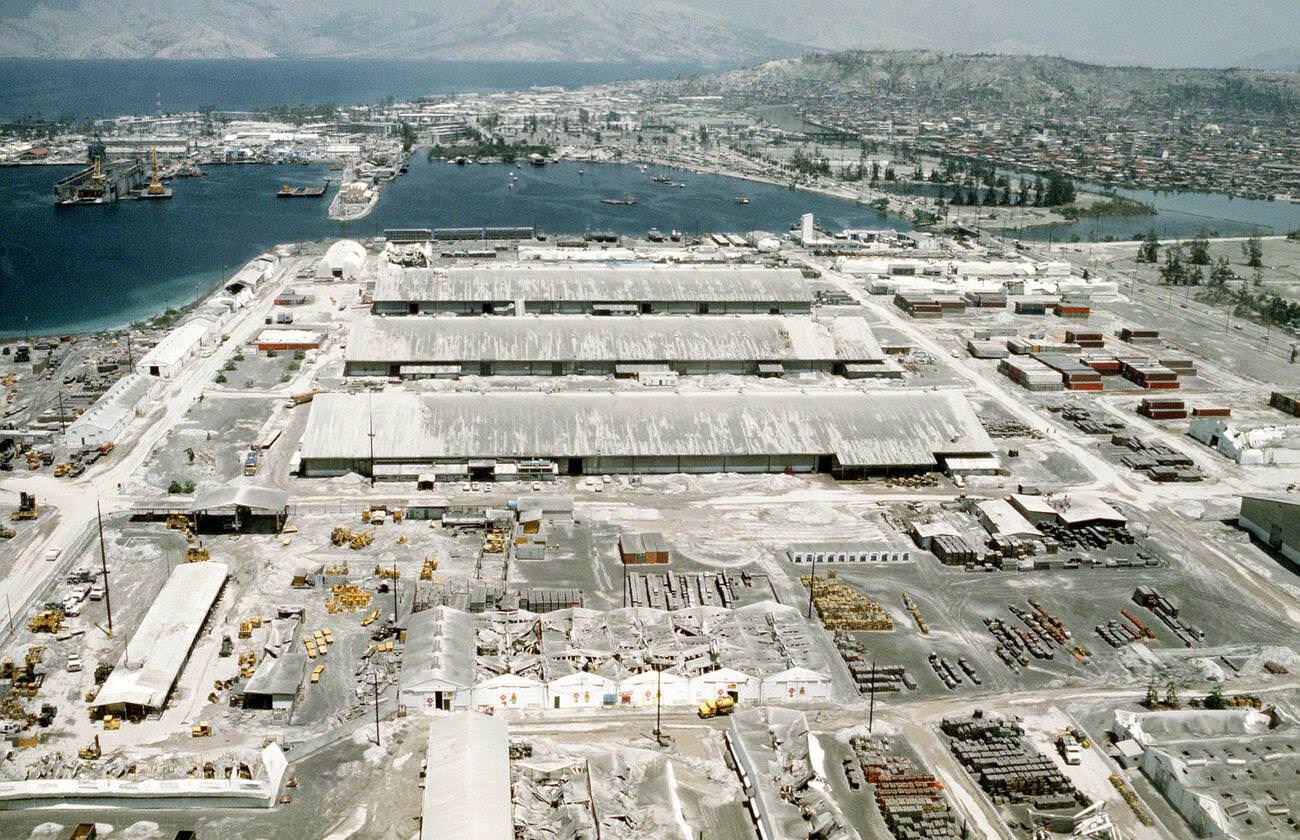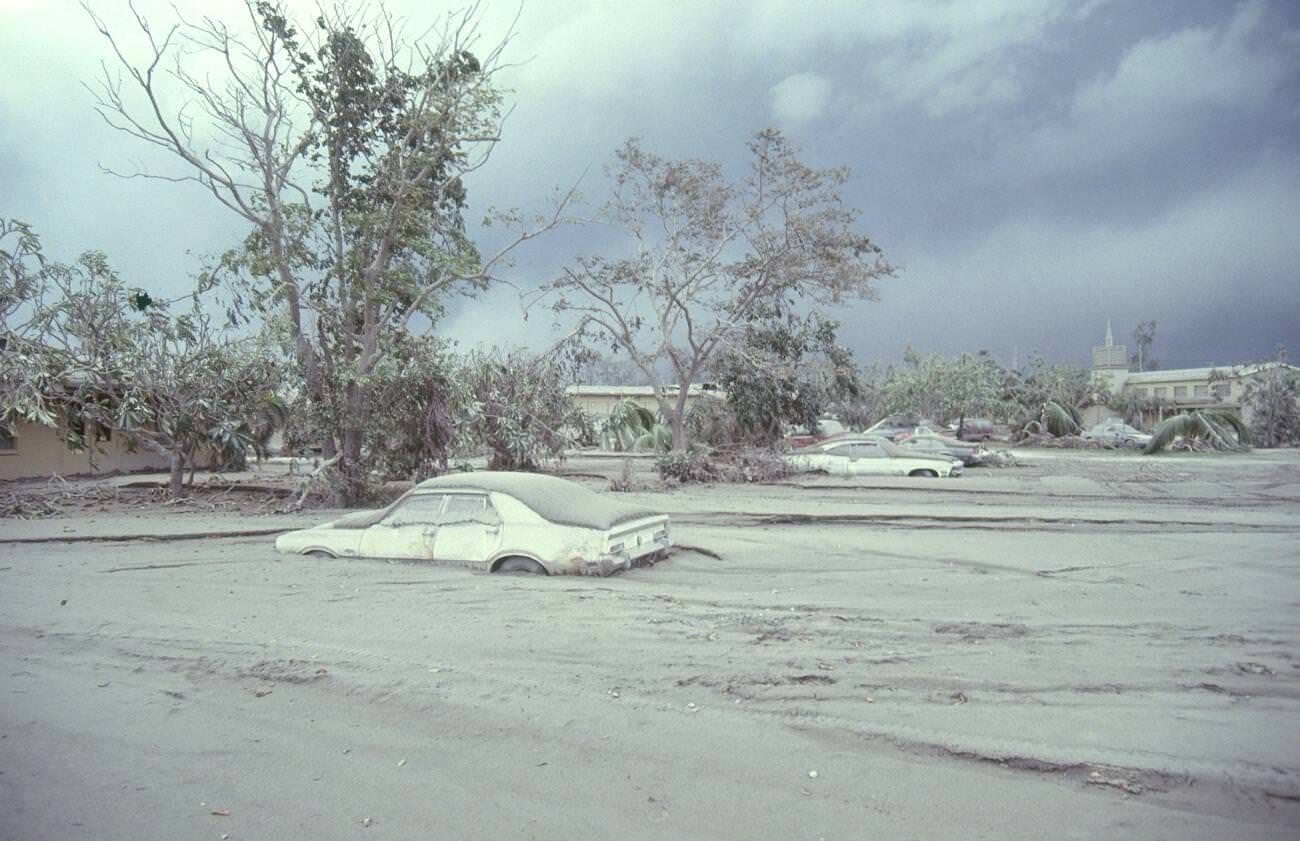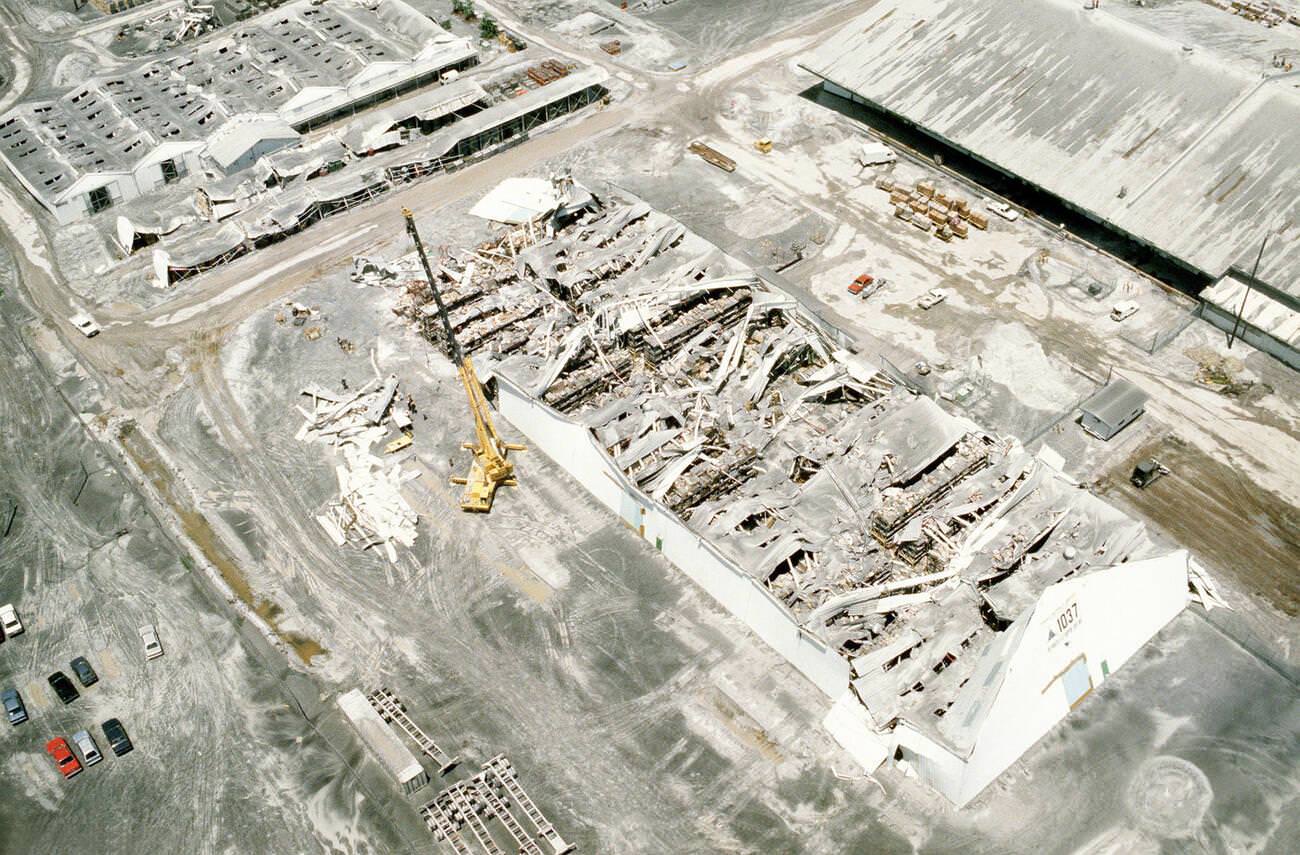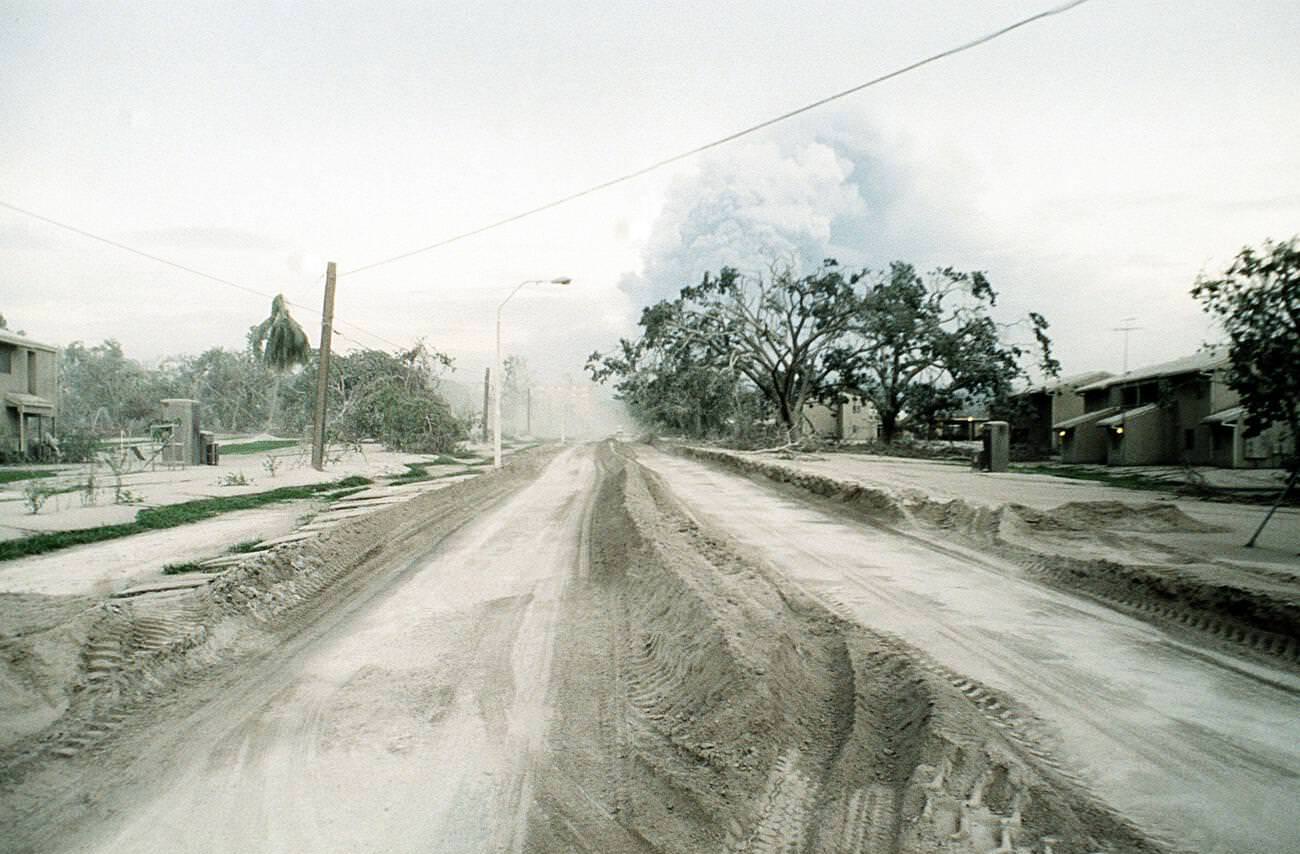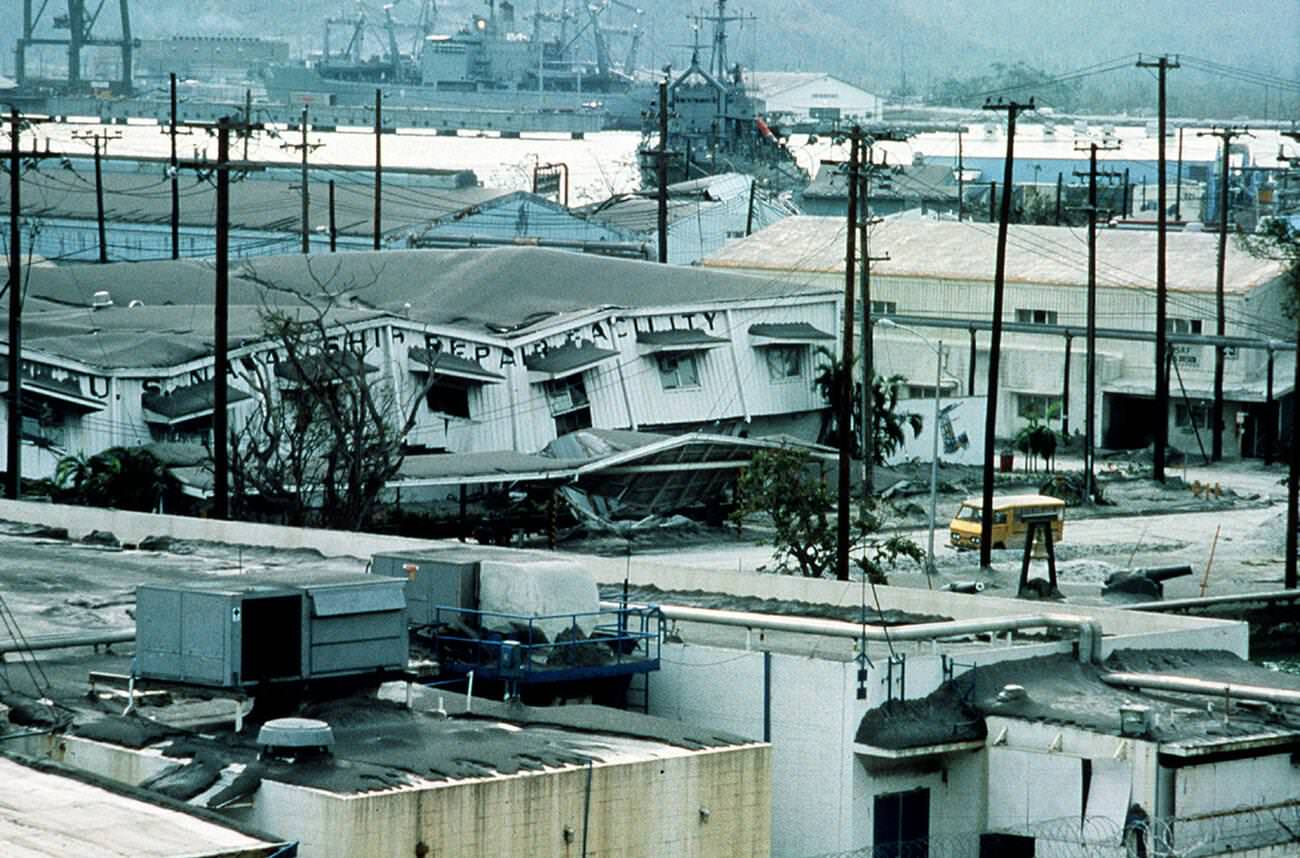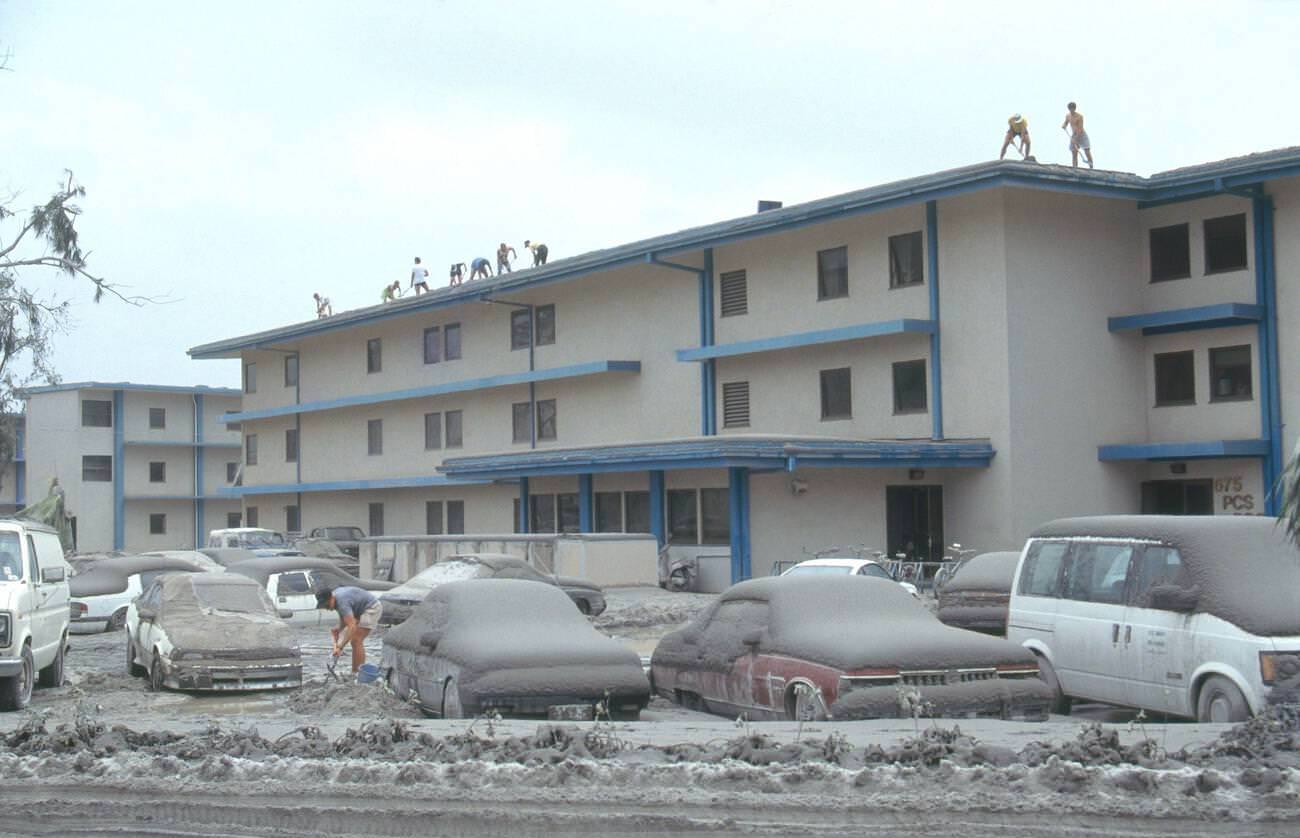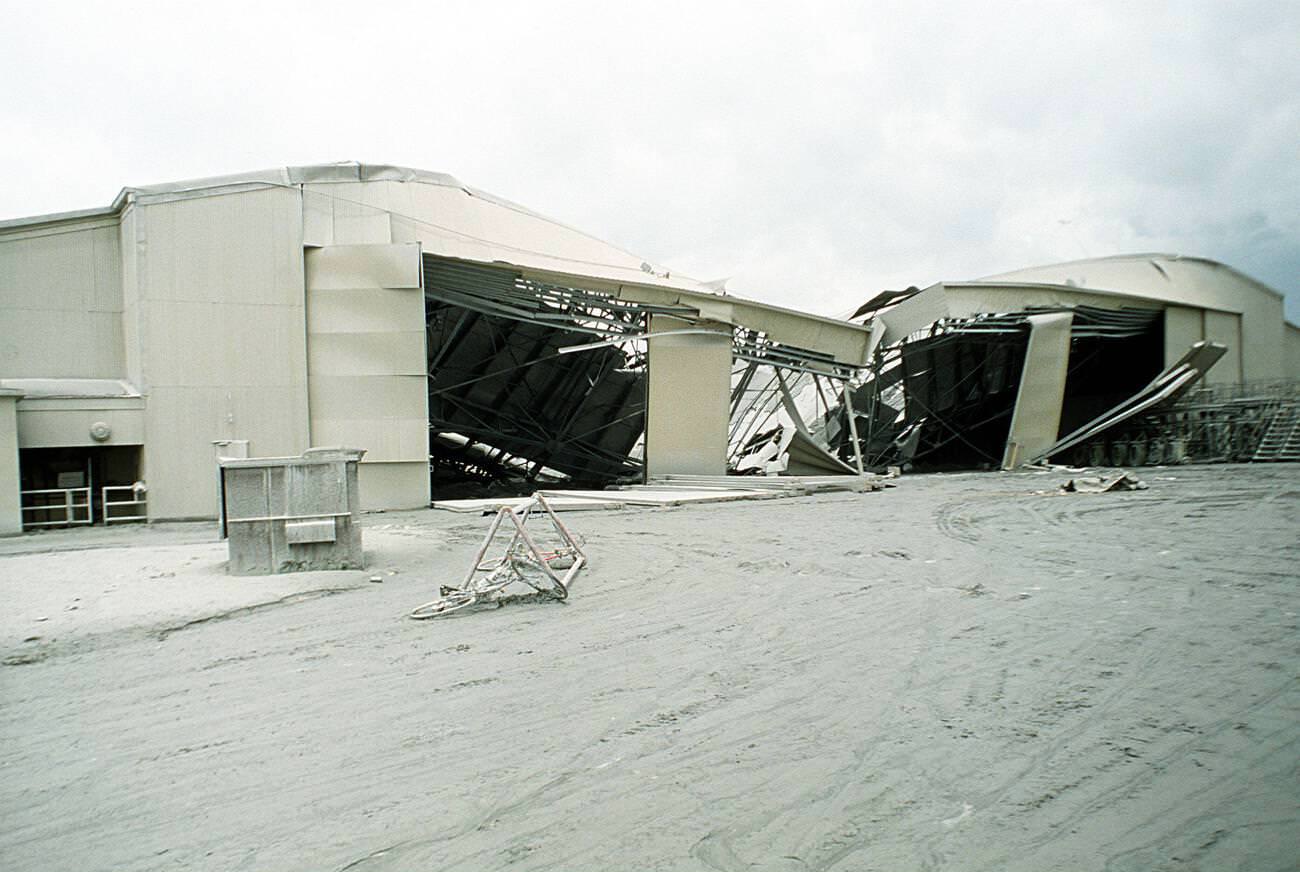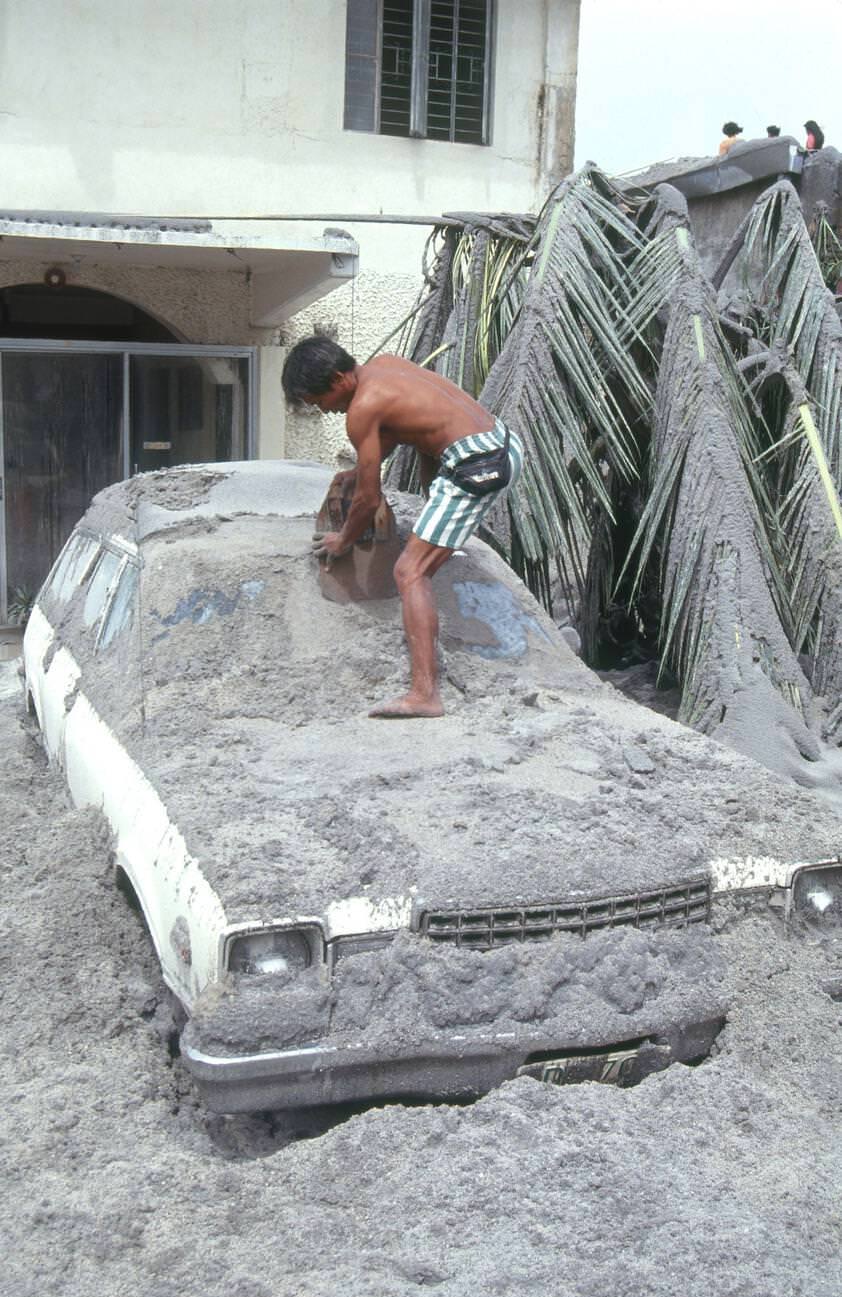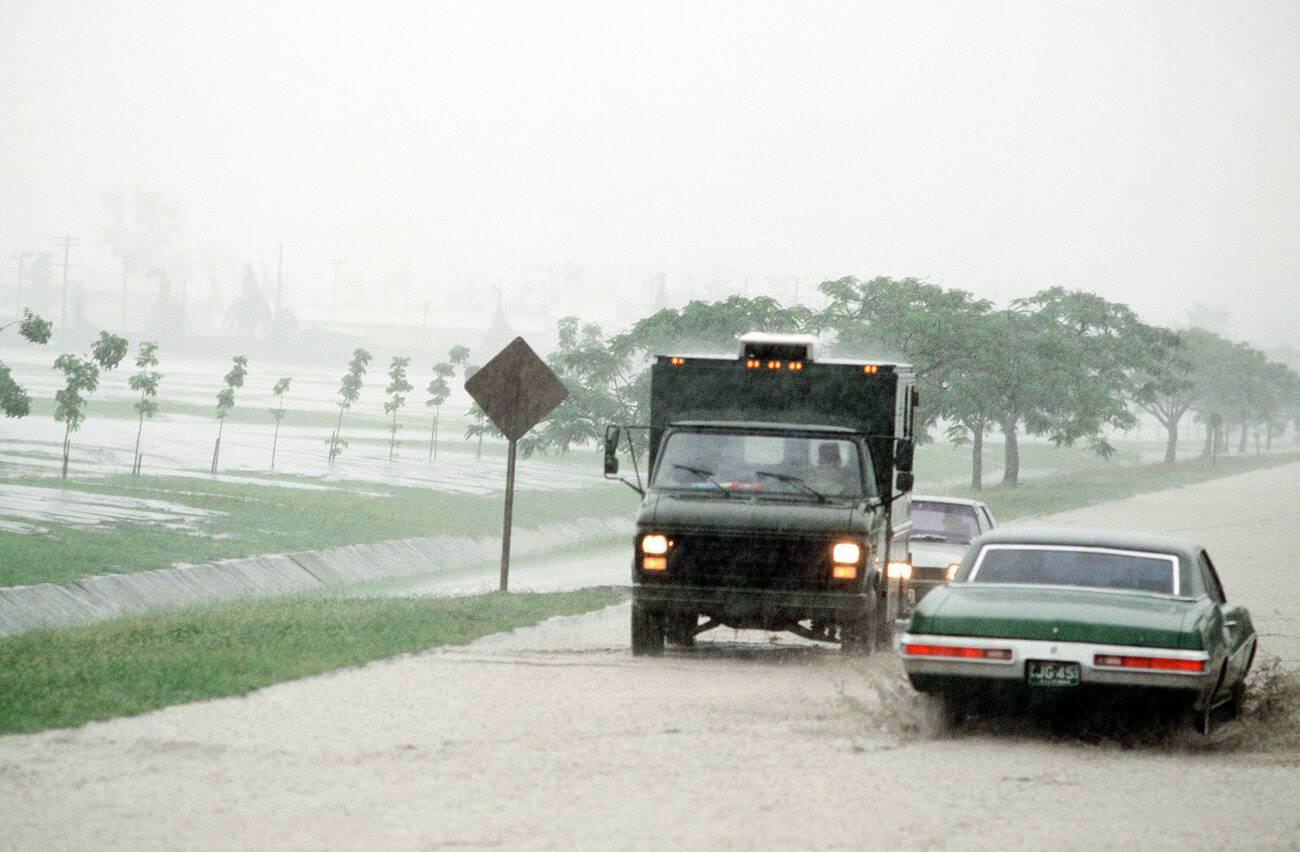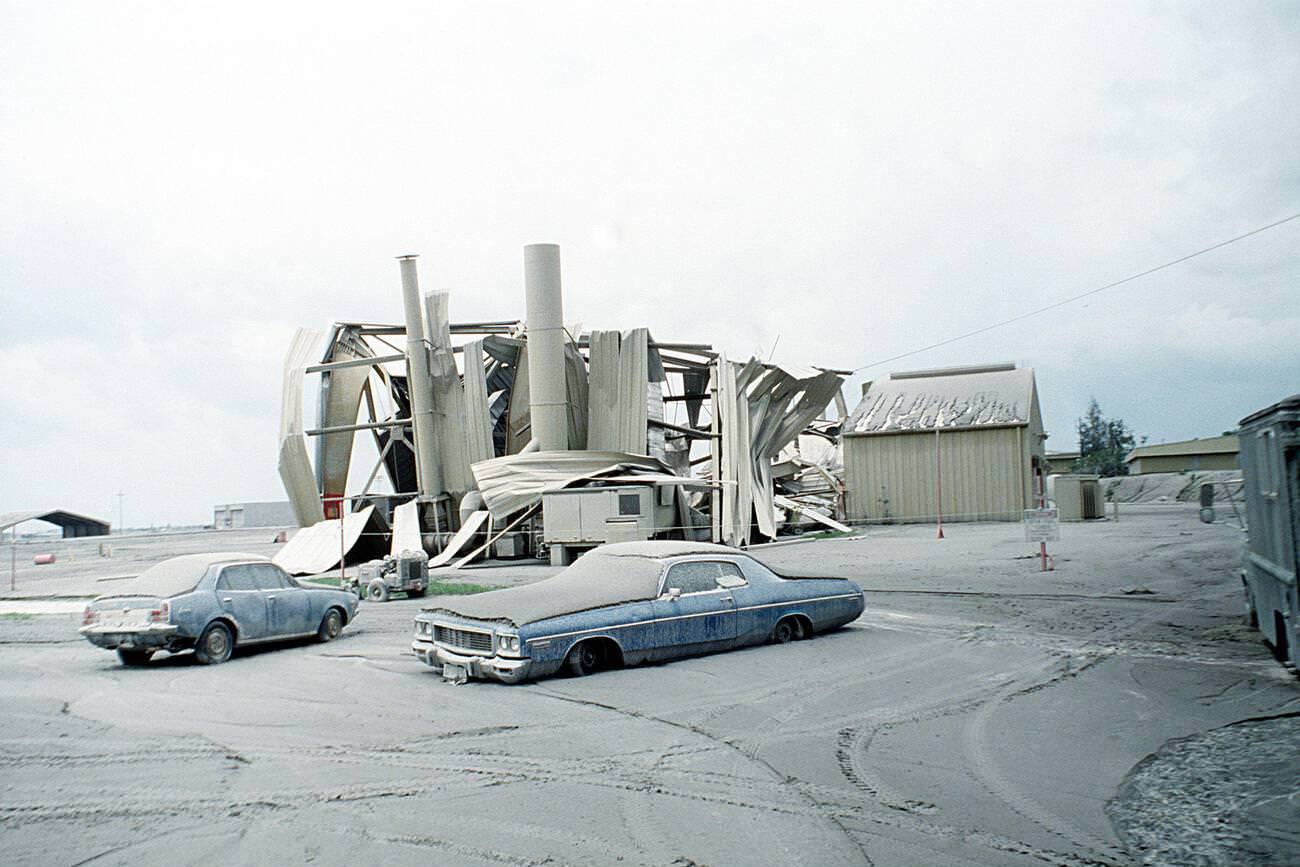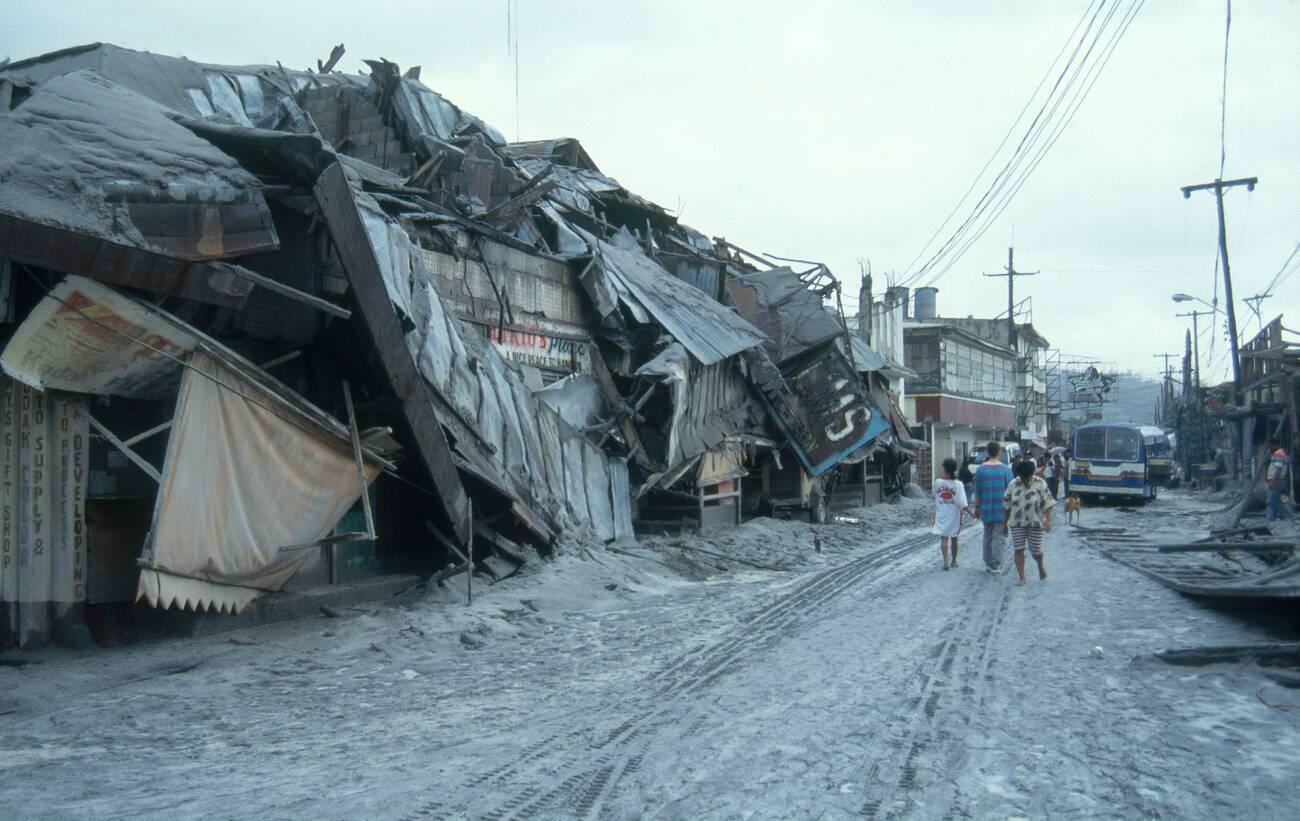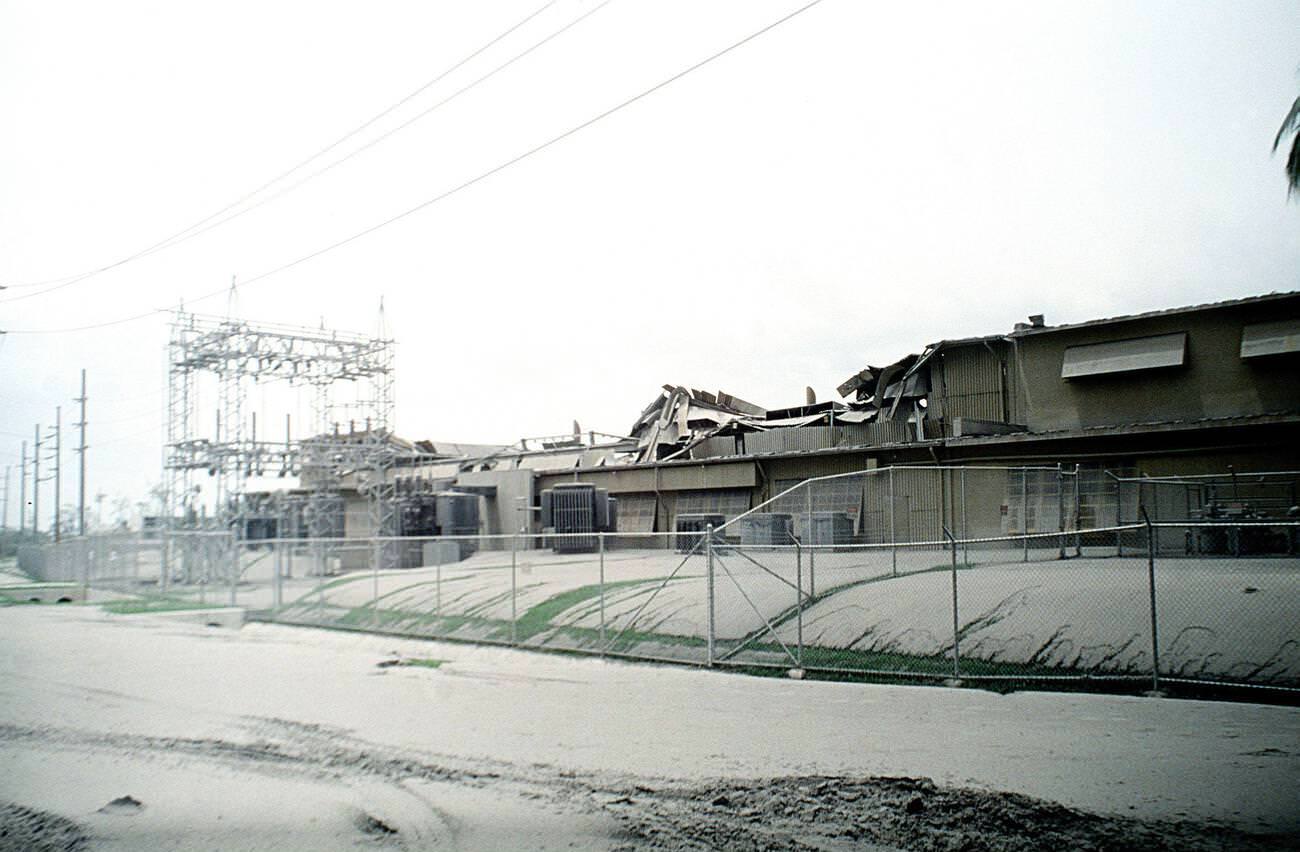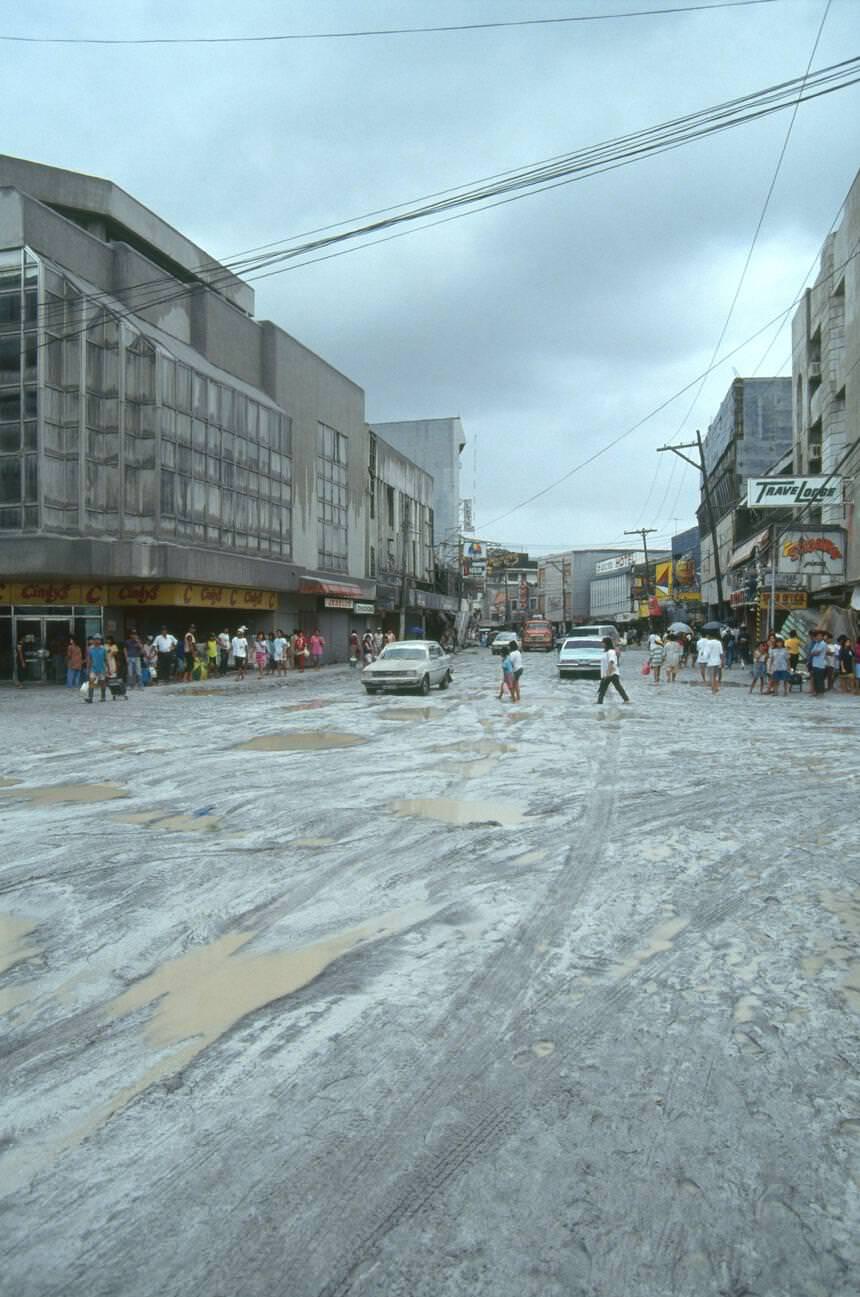The eruption of Mount Pinatubo in 1991 stands as a stark reminder of the devastating power of nature. Occurring on June 15, 1991, it was the second-largest volcanic eruption of the 20th century and undeniably the largest to impact a densely populated area. This event reshaped the landscape, altered climates, and deeply affected the lives of thousands.
The Prelude to Eruption
Mount Pinatubo’s eruption was preceded by significant geological activity that hinted at the impending disaster. On July 16, 1990, a magnitude 7.8 earthquake struck near the volcano, awakening it from a 500-year dormancy. This seismic event caused landslides, local earthquakes, and an increase in steam emissions, indicating the reawakening of the giant.
In the early months of 1991, signs of an imminent eruption became more pronounced. Magma rising from deep beneath the volcano’s surface triggered thousands of small earthquakes and caused powerful steam explosions that opened craters on the volcano’s north flank. These geological disturbances were accompanied by the emission of large amounts of sulfur dioxide gas, signaling the movement of magma towards the surface and the increasing likelihood of an eruption.
The Eruption
The eruption began on June 15, 1991, following weeks of escalating seismic activity. The event was characterized by massive pyroclastic flows—avalanches of hot ash, gas, and volcanic debris that raced down the slopes of the volcano at high speeds. These flows devastated everything in their path, obliterating vegetation, buildings, and infrastructure.
Simultaneously, the eruption spewed an immense cloud of volcanic ash into the atmosphere, spreading over hundreds of miles and affecting global climate patterns. The ash cloud led to widespread darkness and a significant drop in temperatures in the region. Furthermore, the eruption produced colossal lahars—volcanic mudflows that buried communities, farmlands, and infrastructure under thick layers of mud and debris.
Aftermath and Losses
The aftermath of the eruption was a period of profound hardship for the people of the Philippines and the surrounding region. The lahars continued for years, exacerbated by seasonal rains, causing further destruction and displacing thousands. The agricultural sector suffered immense losses, with vast areas of farmland rendered unusable. Infrastructure, including roads, bridges, and buildings, was severely damaged or destroyed, disrupting the lives of countless individuals, and significantly hindering rescue and recovery efforts.
The eruption’s toll on human life and health was significant. Hundreds of people were killed, both during the eruption and in its aftermath, due to roof collapses from heavy ashfall, exposure to ash and other volcanic materials, and lahars. Thousands more were displaced, losing their homes and livelihoods.
Environmental and Global Impact
The environmental impact of the Pinatubo eruption was profound. The ash cloud had a global reach, affecting atmospheric conditions and leading to a measurable cooling of the Earth’s surface. Scientists estimate that the eruption’s sulfur dioxide emissions led to a reduction in global temperatures by about 0.5 degrees Celsius in the years following the event.
The eruption also led to the destruction of ecosystems around Mount Pinatubo. Forests were decimated by pyroclastic flows and ashfall, and water systems were contaminated with volcanic materials, affecting both terrestrial and aquatic life.


